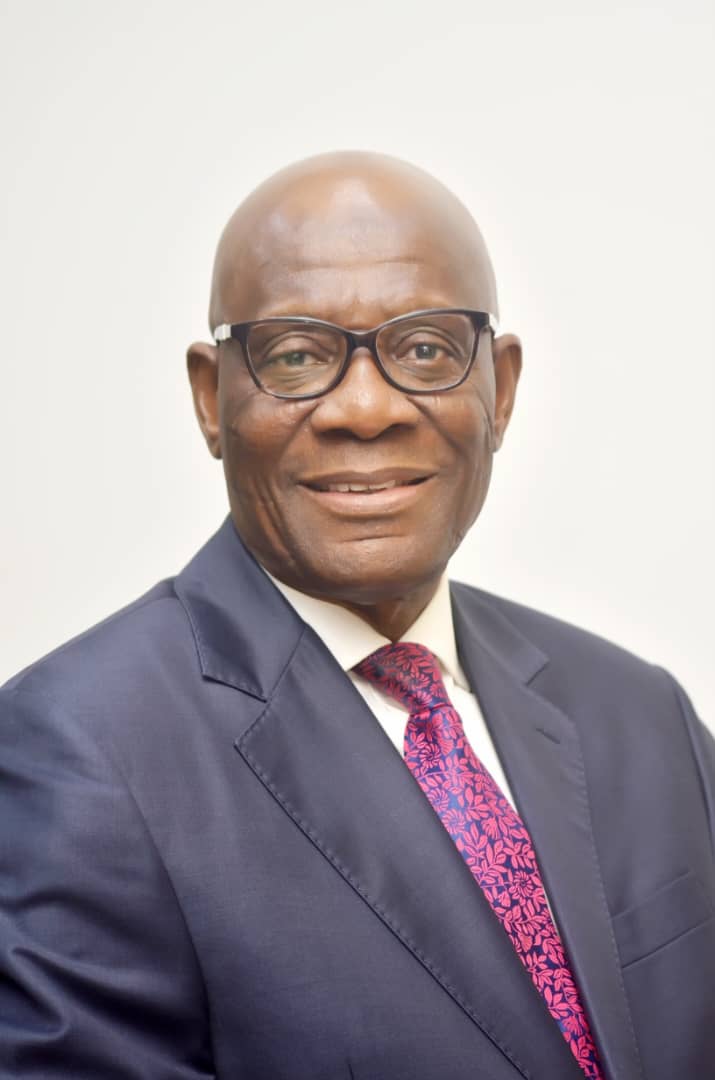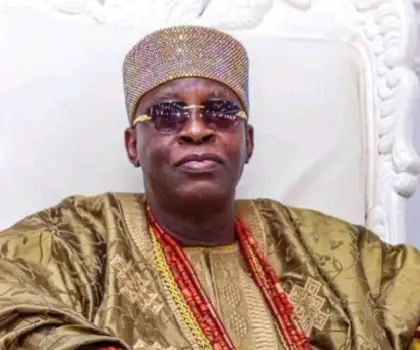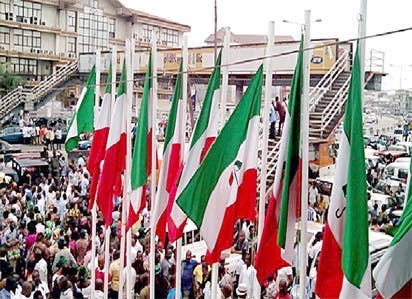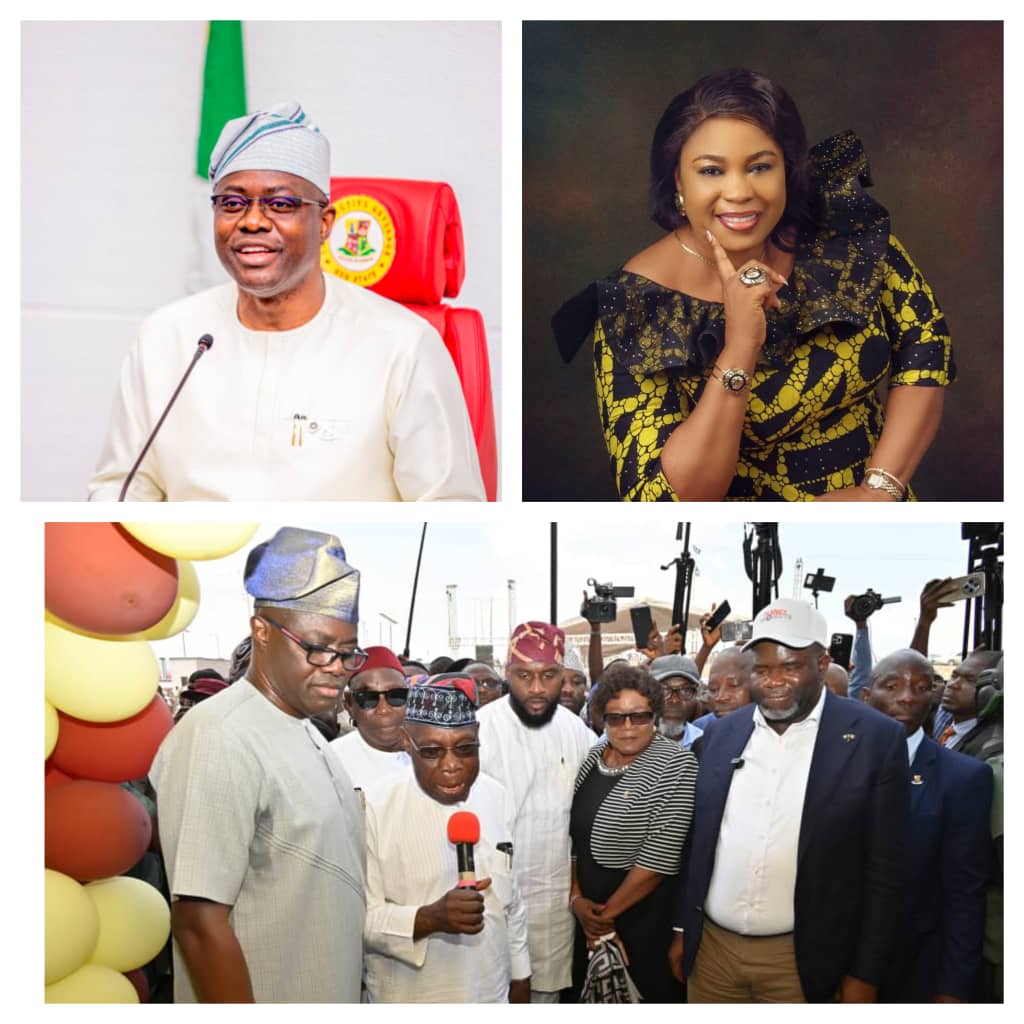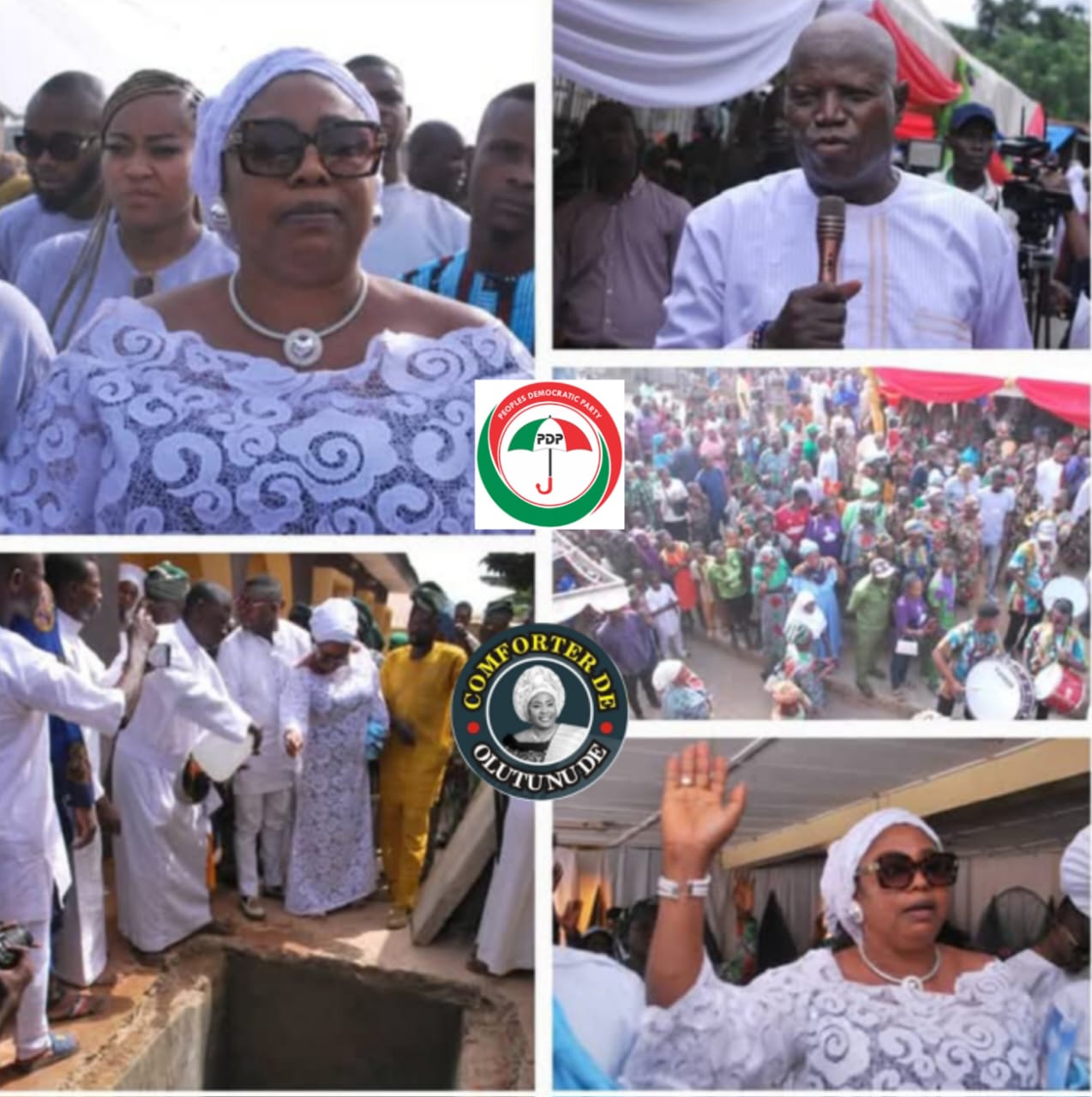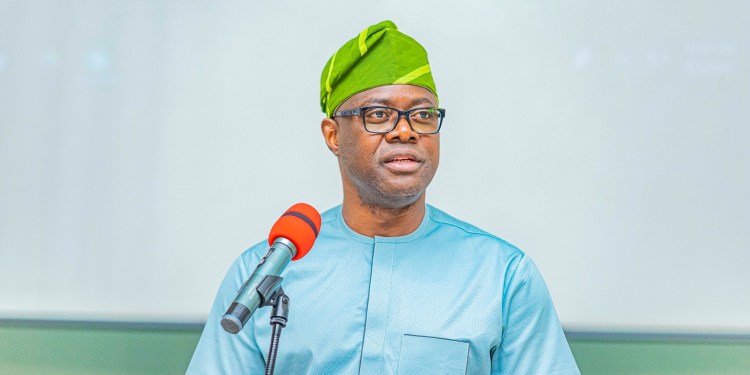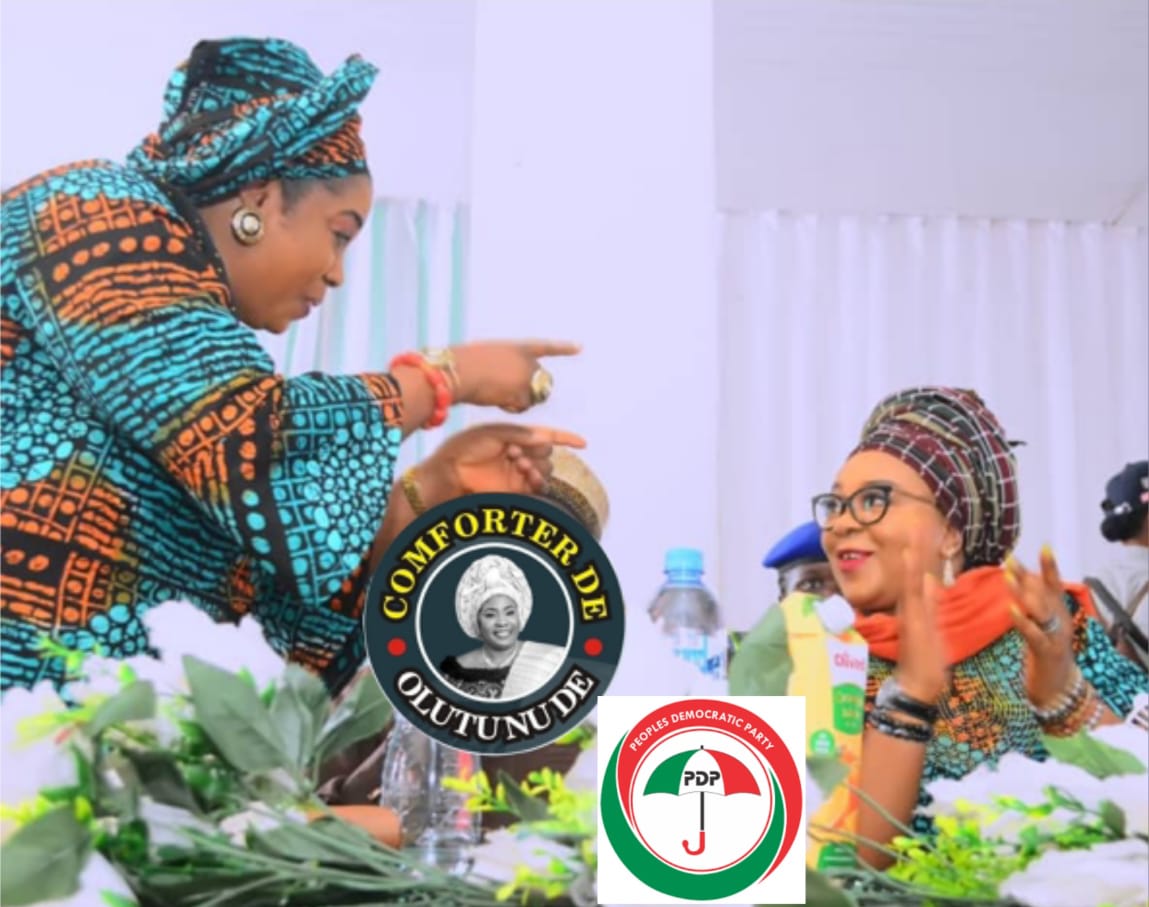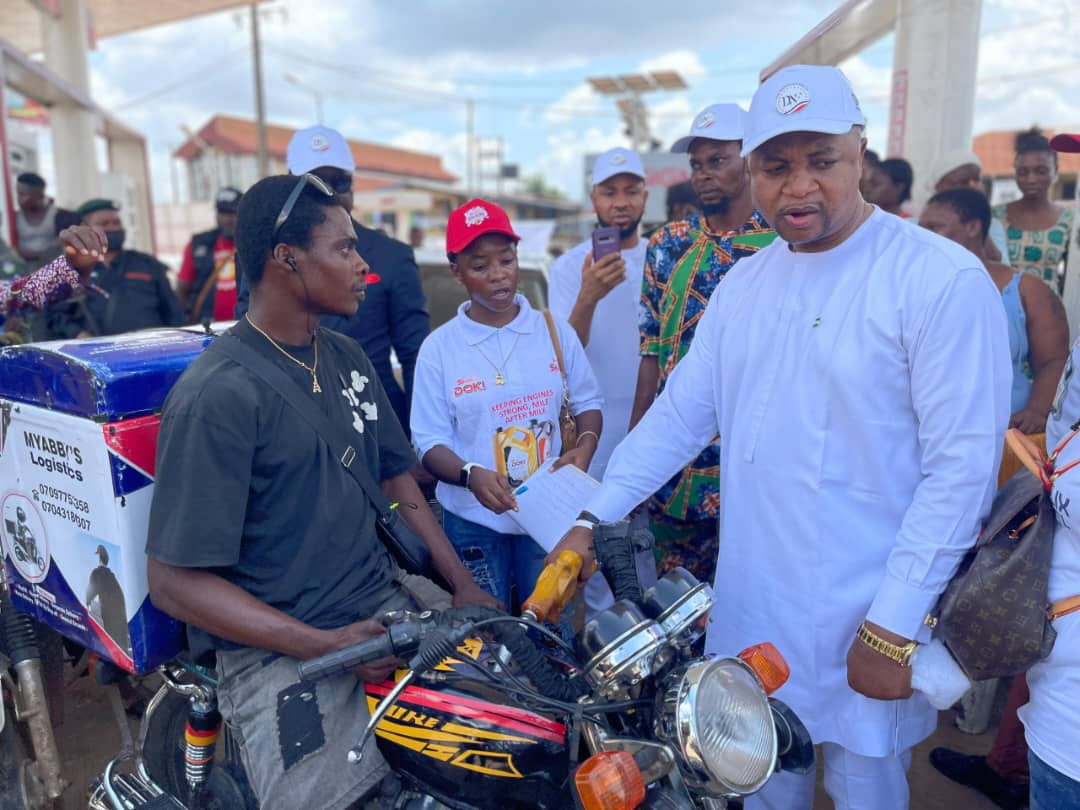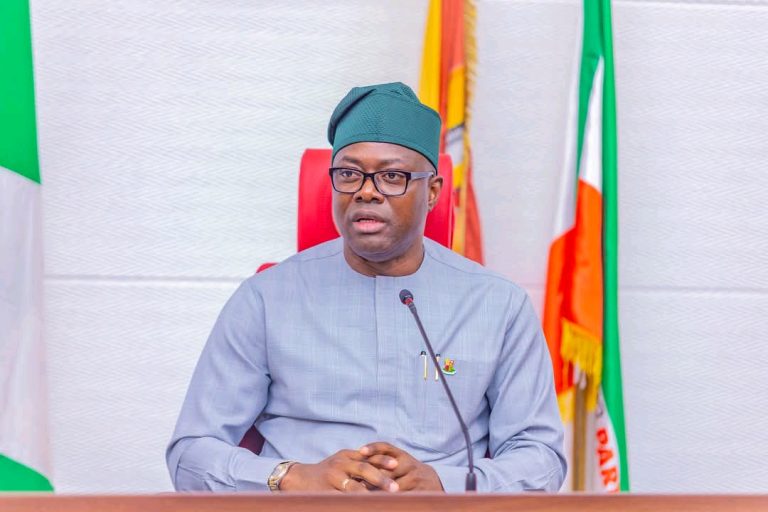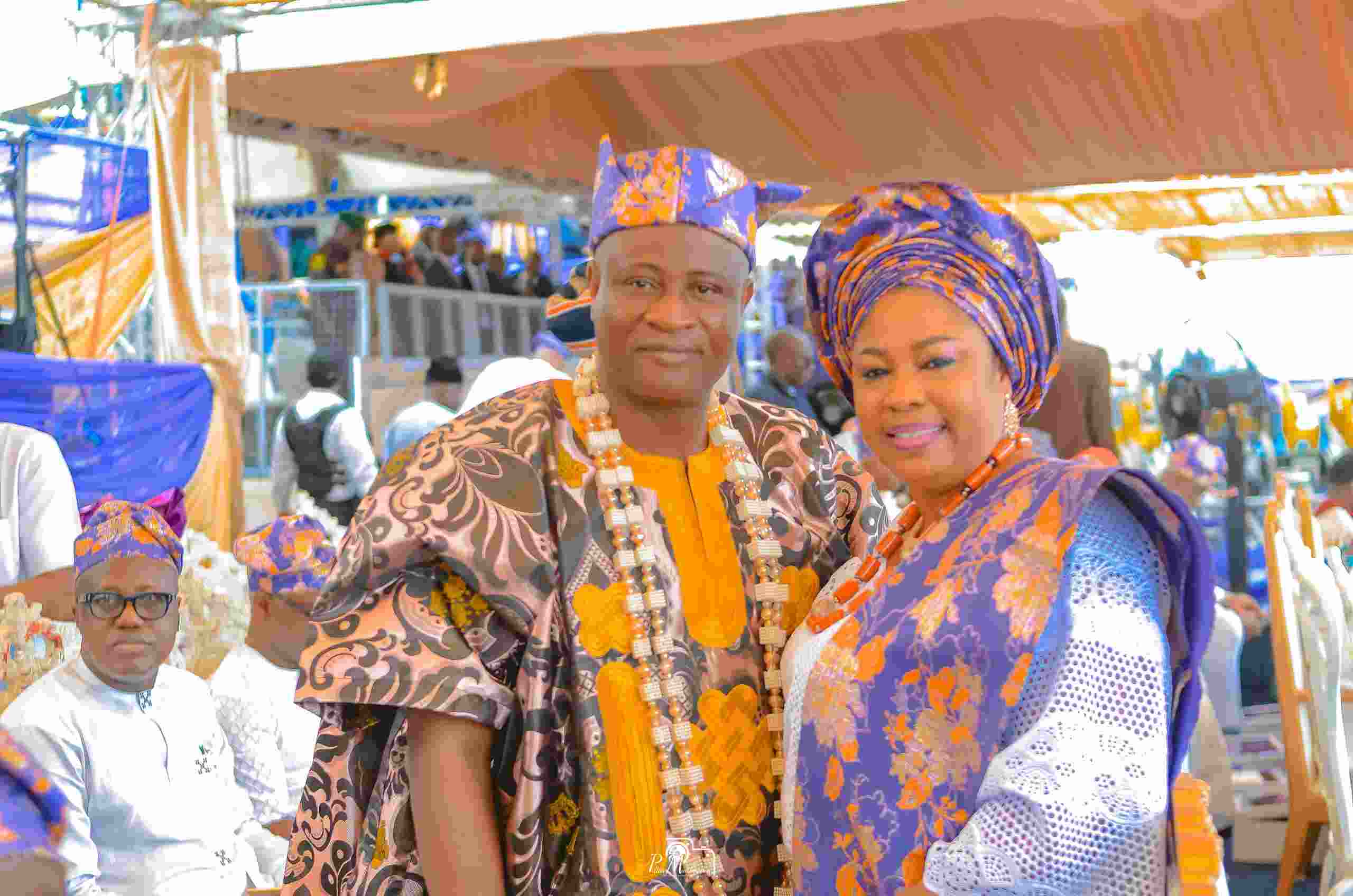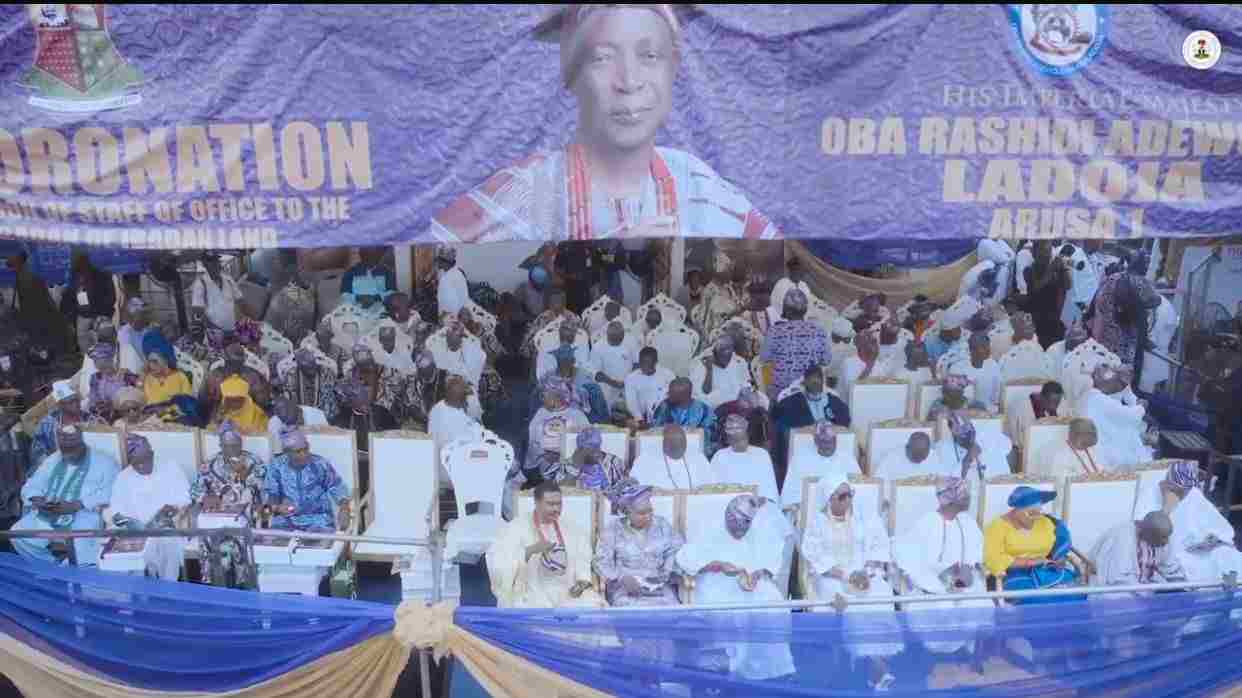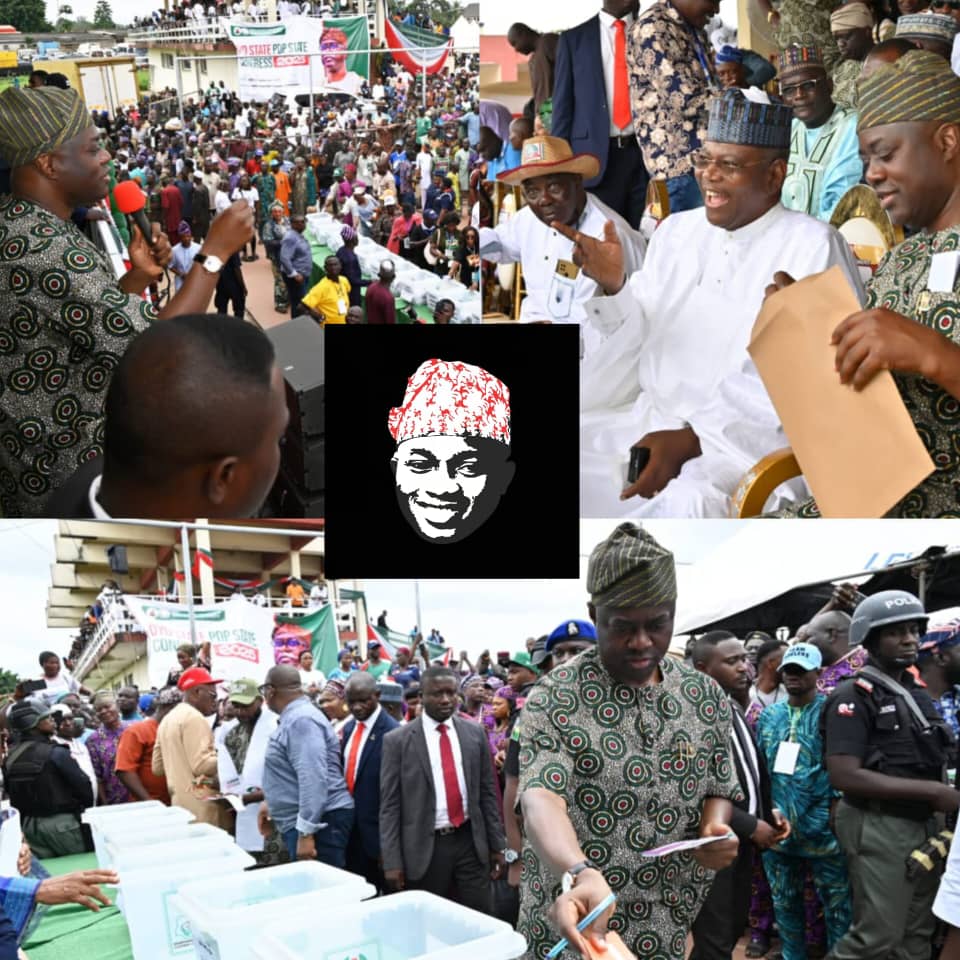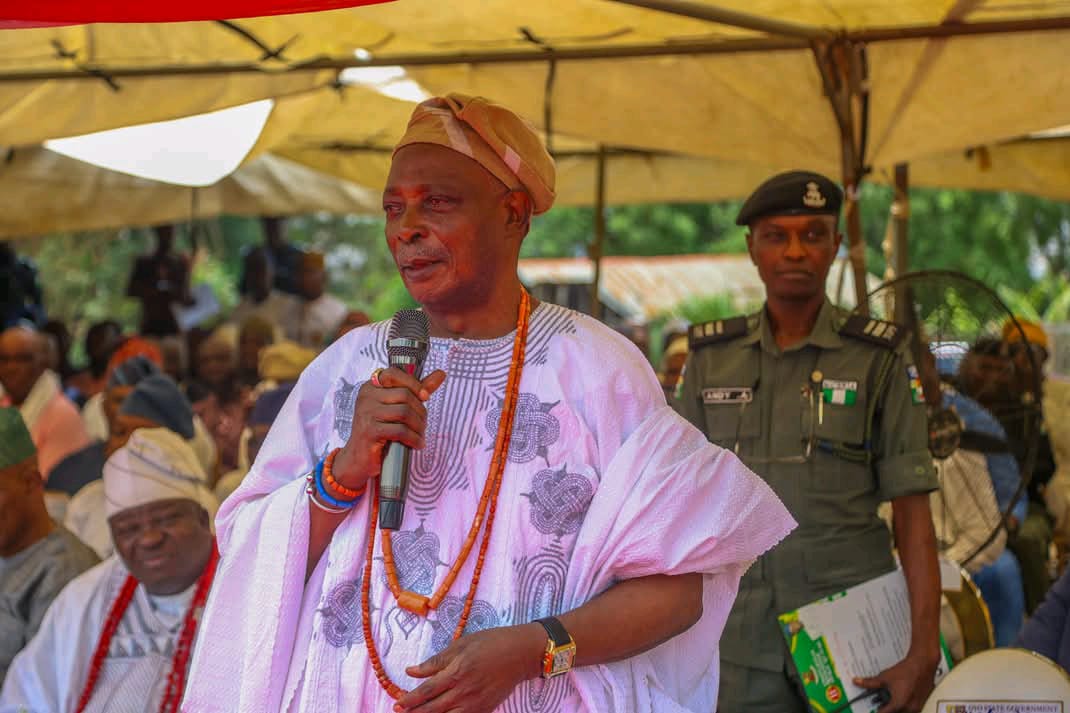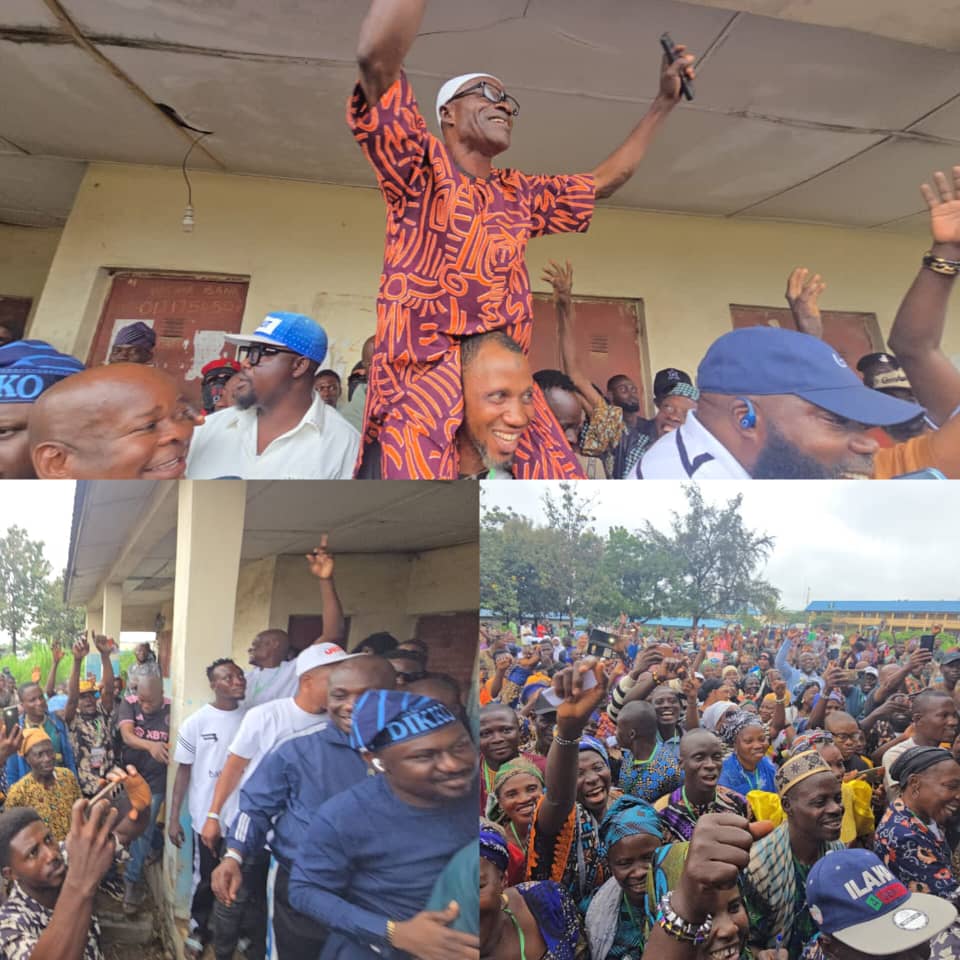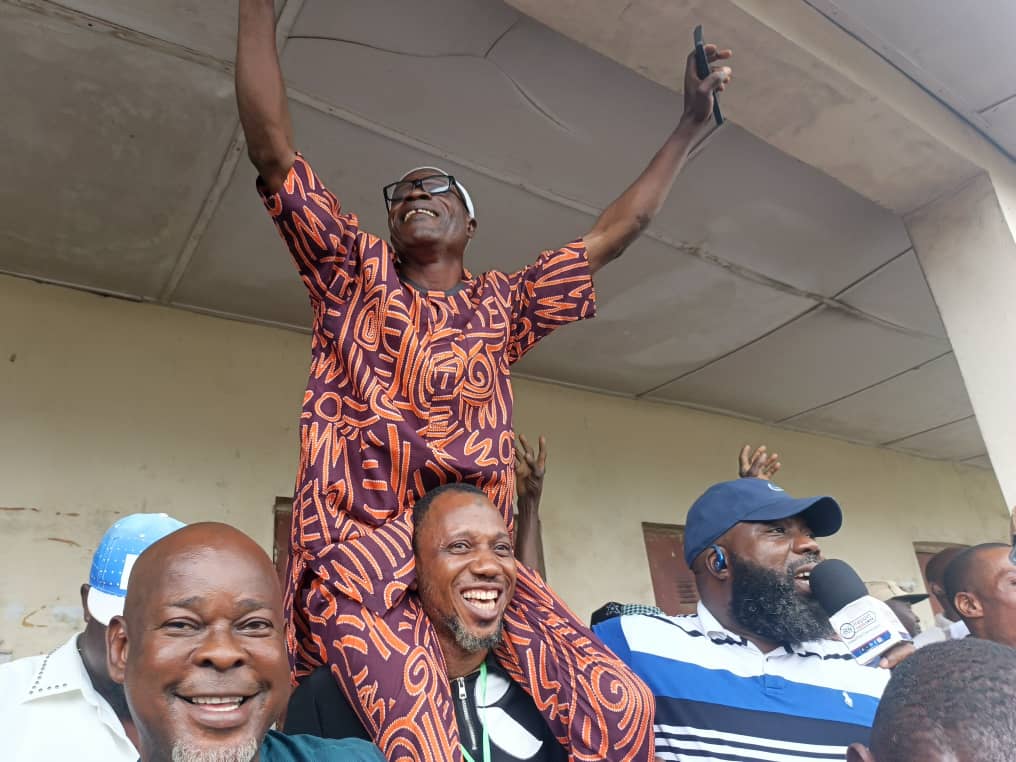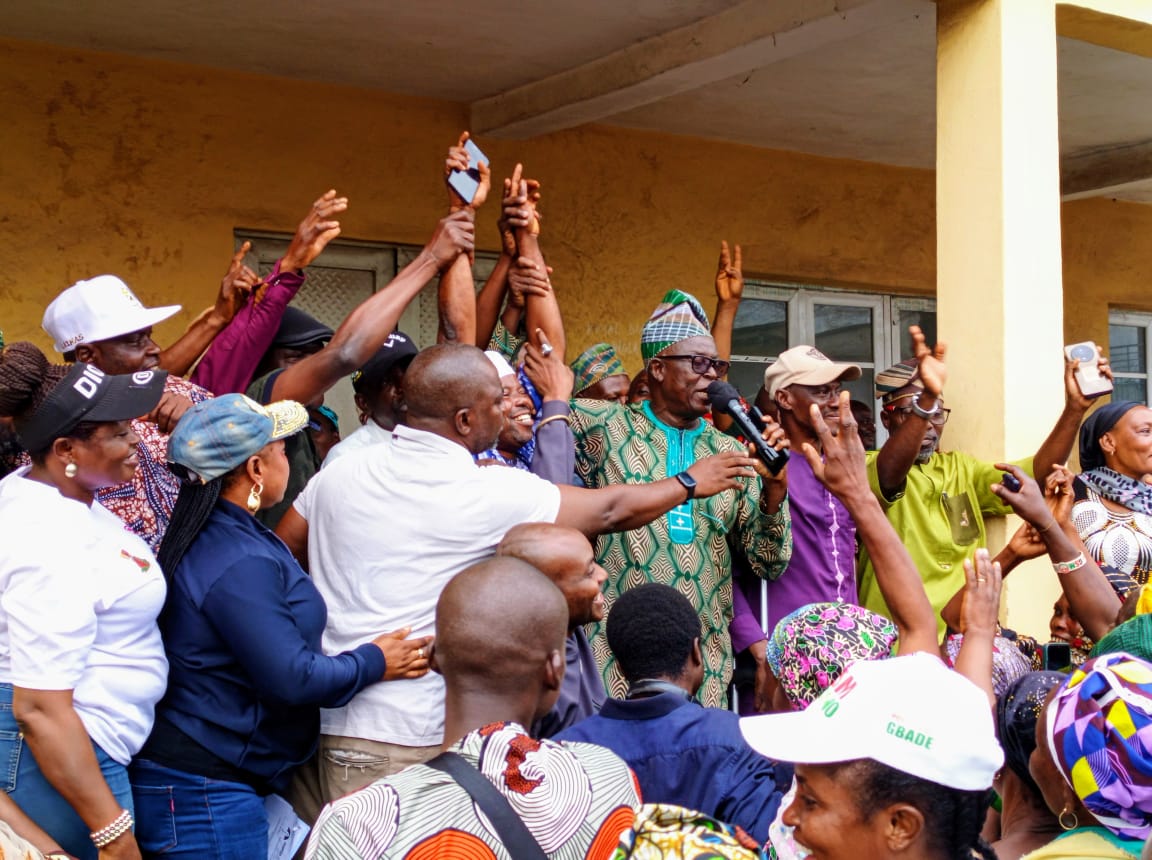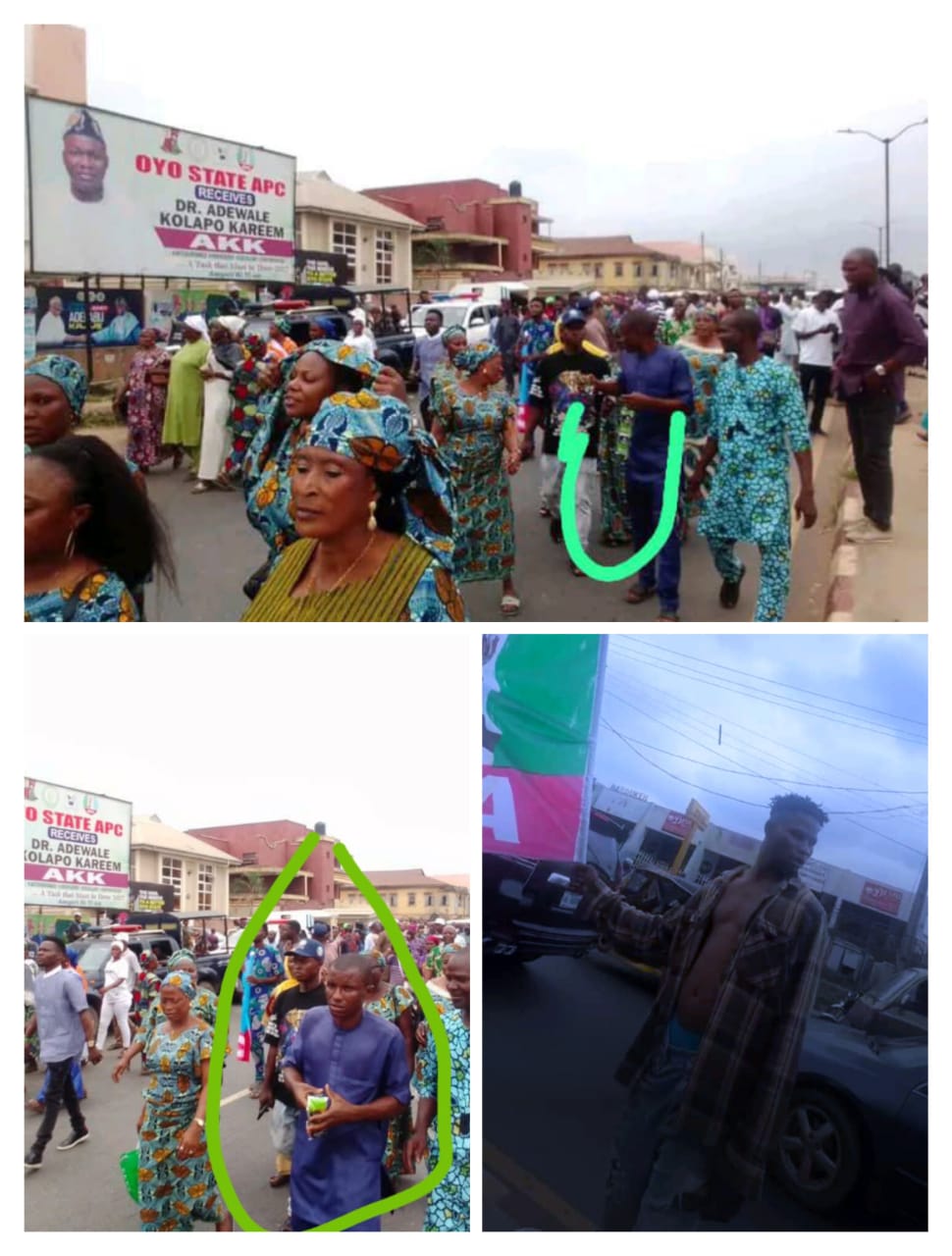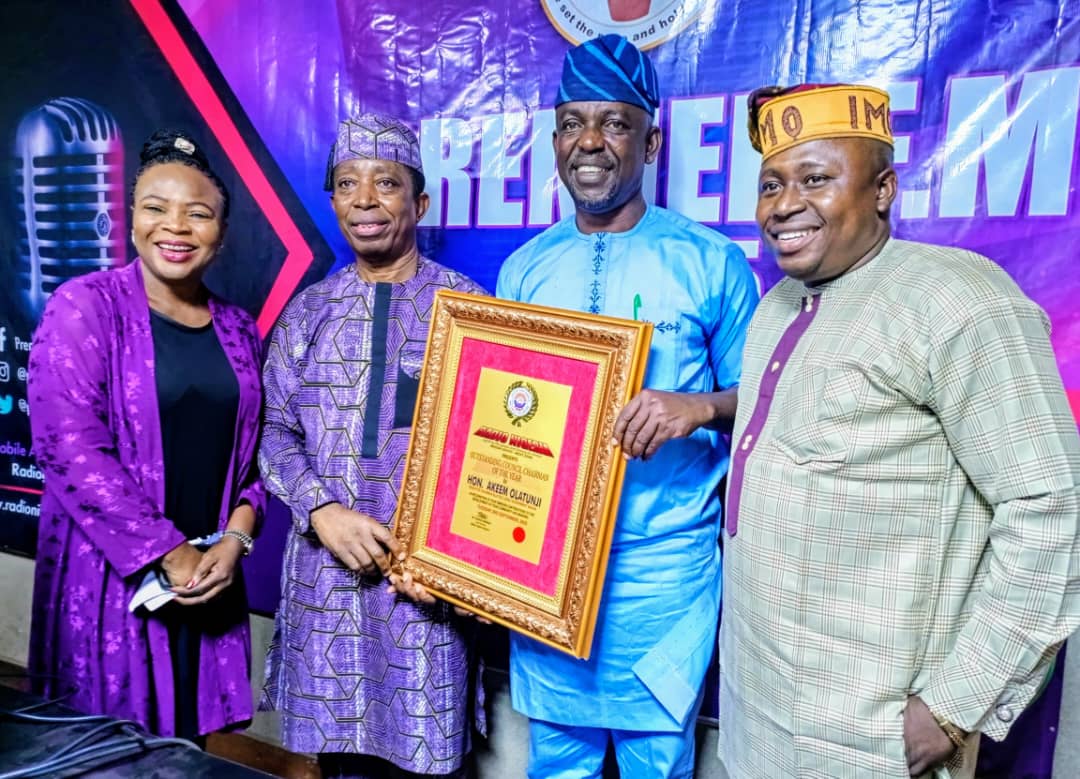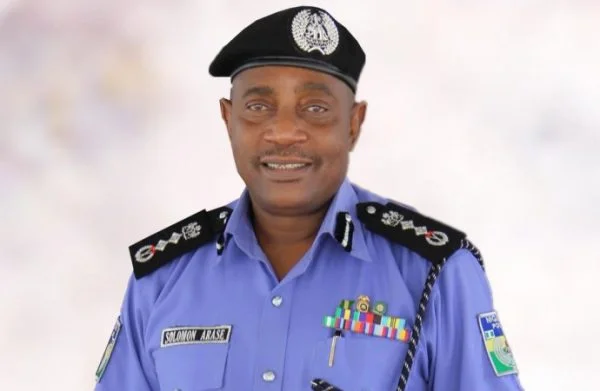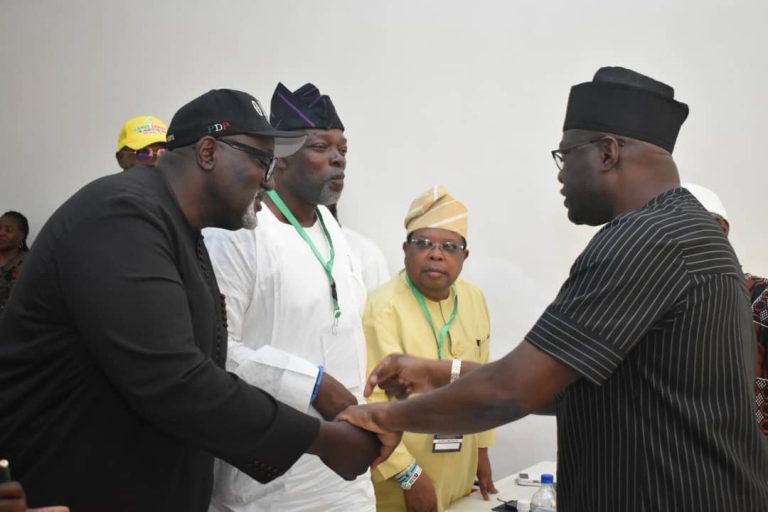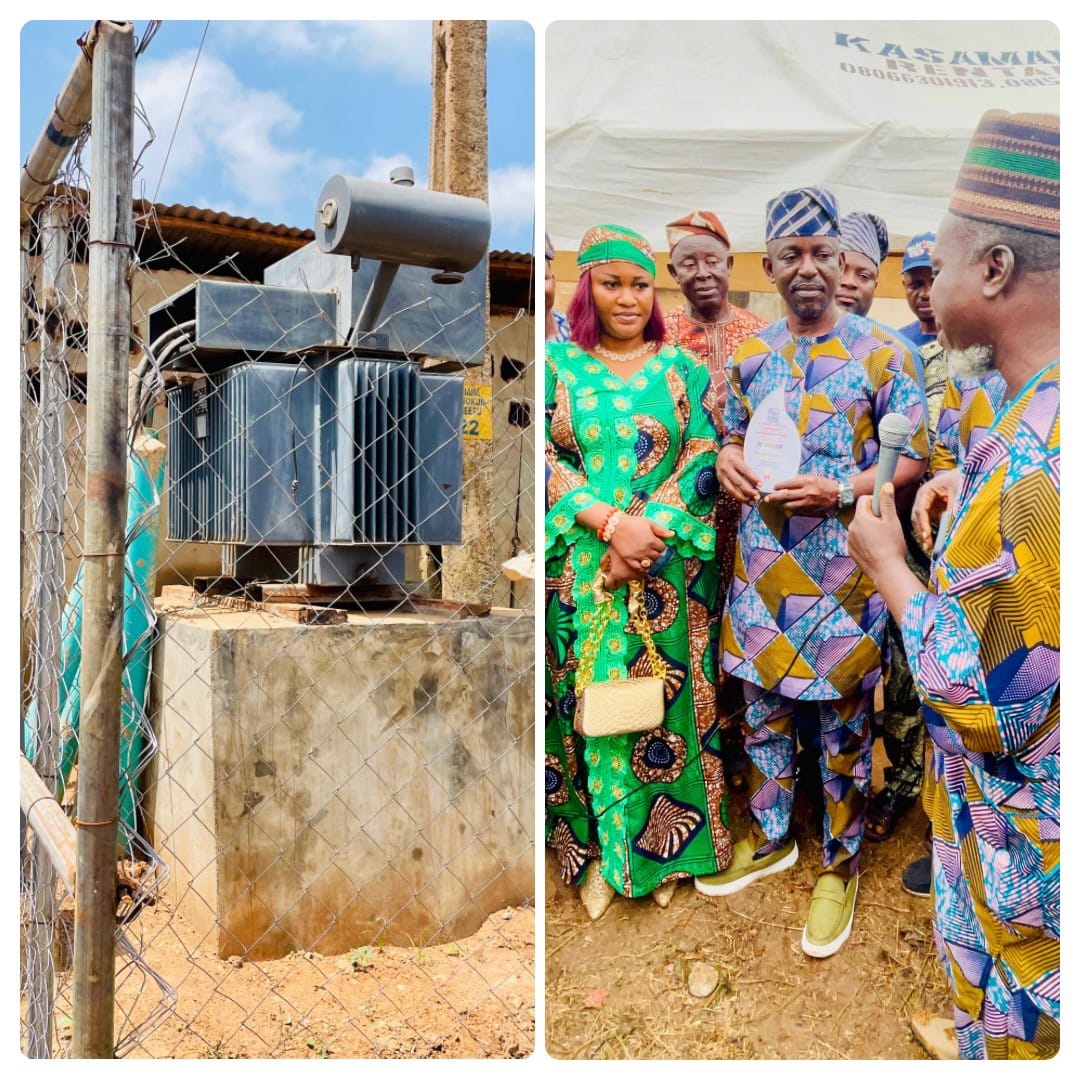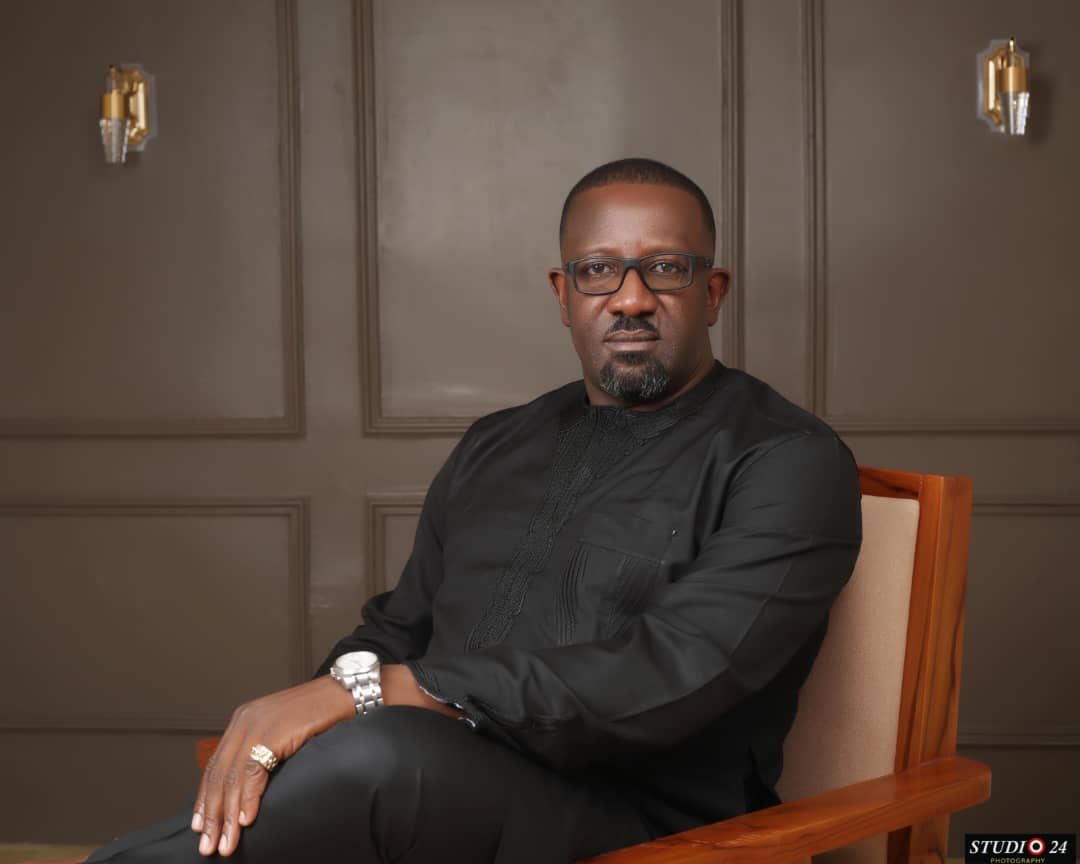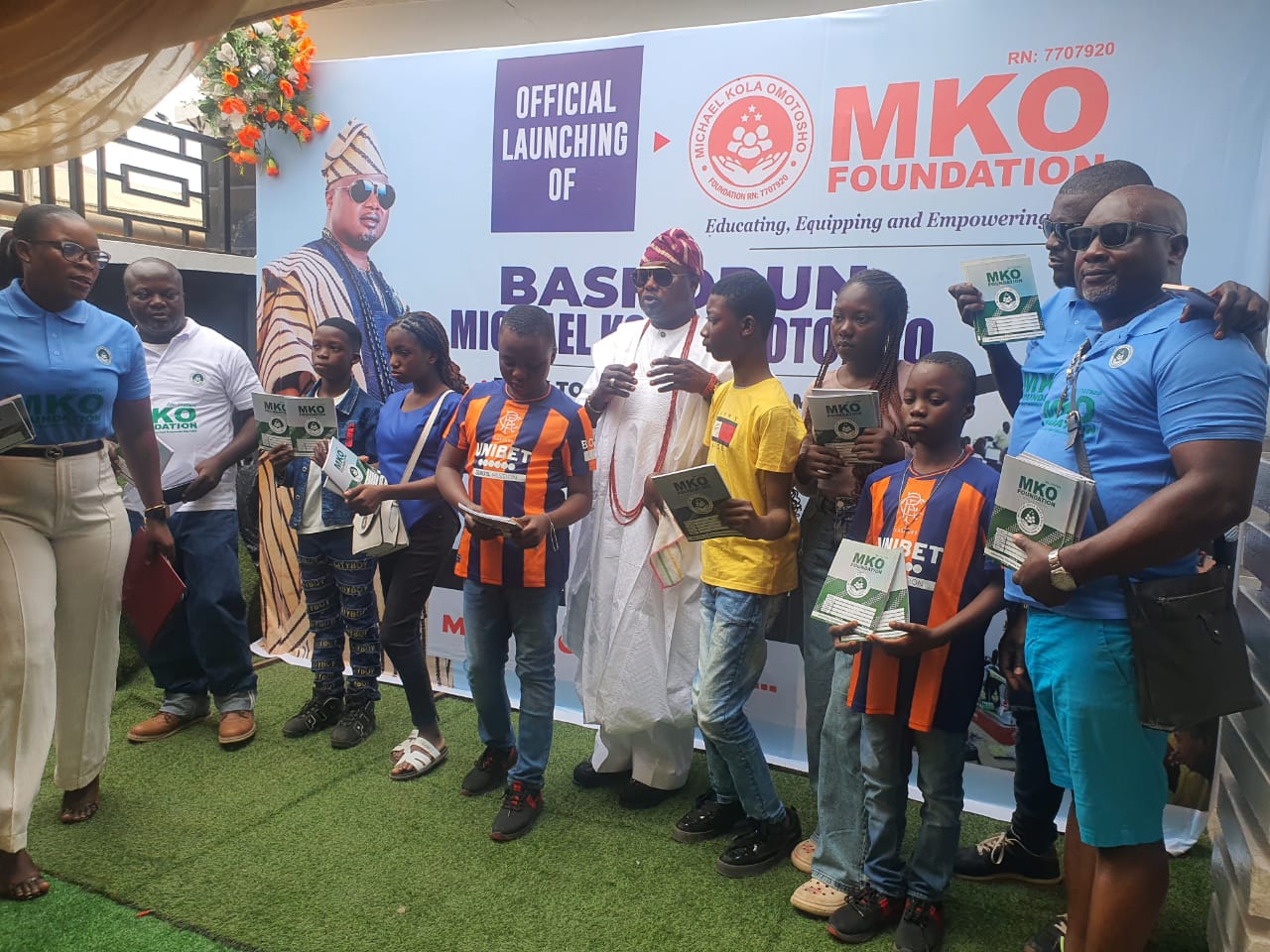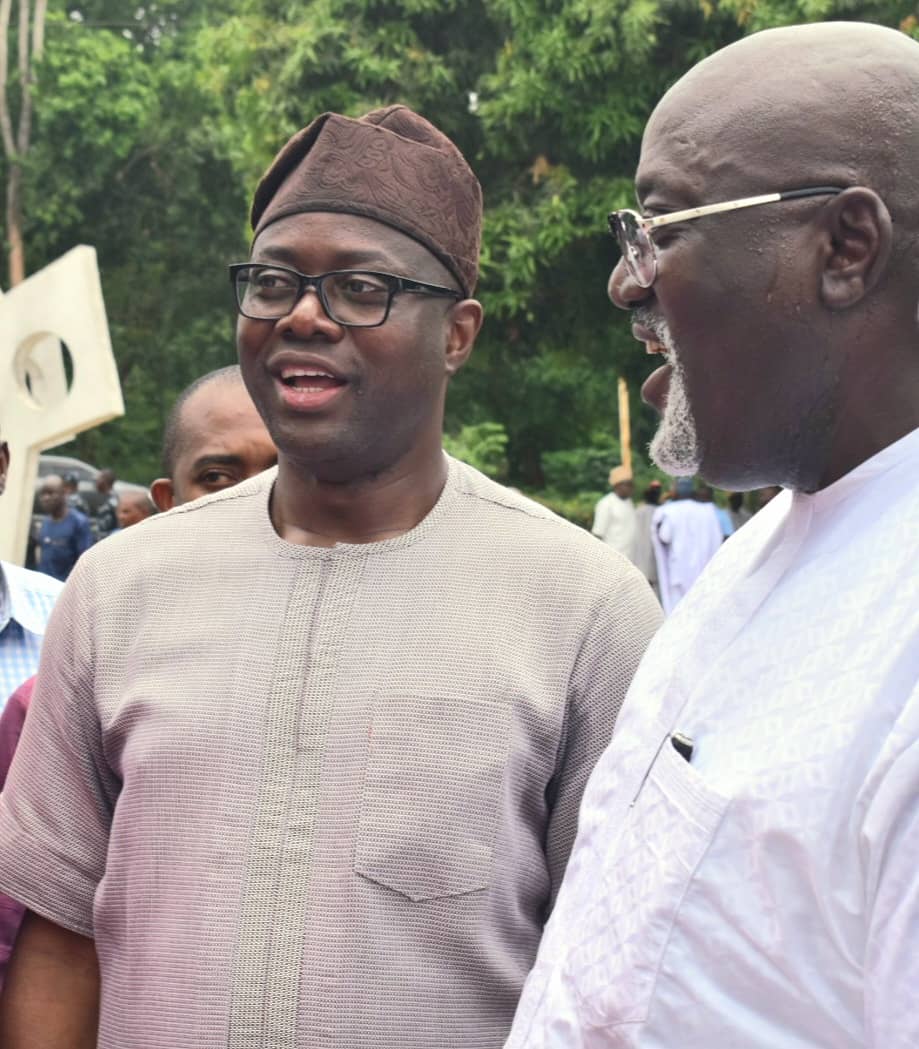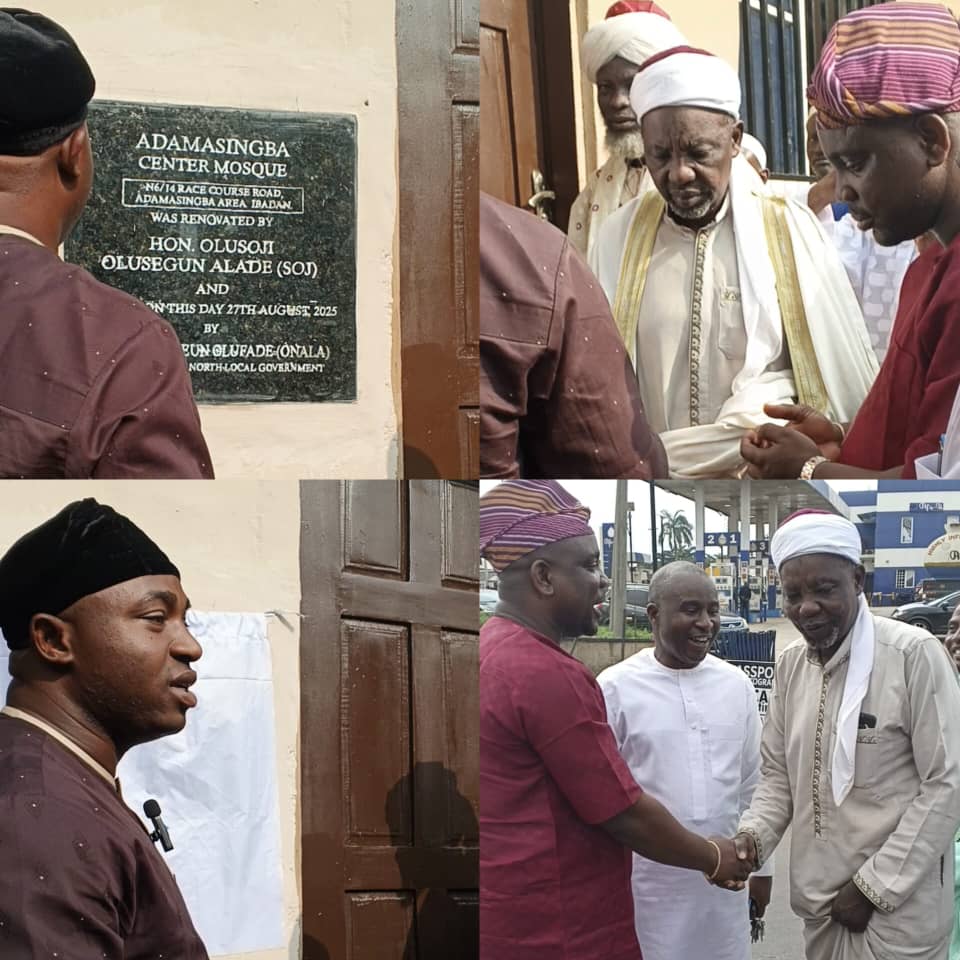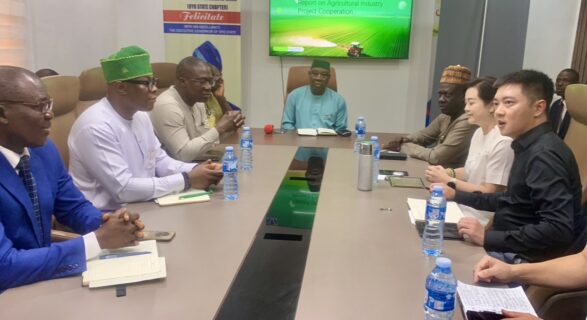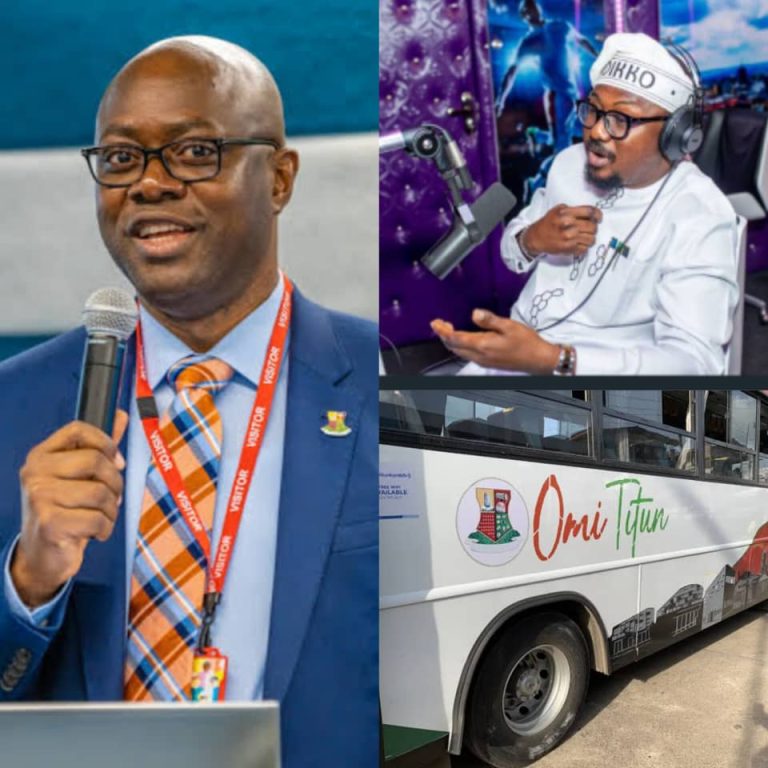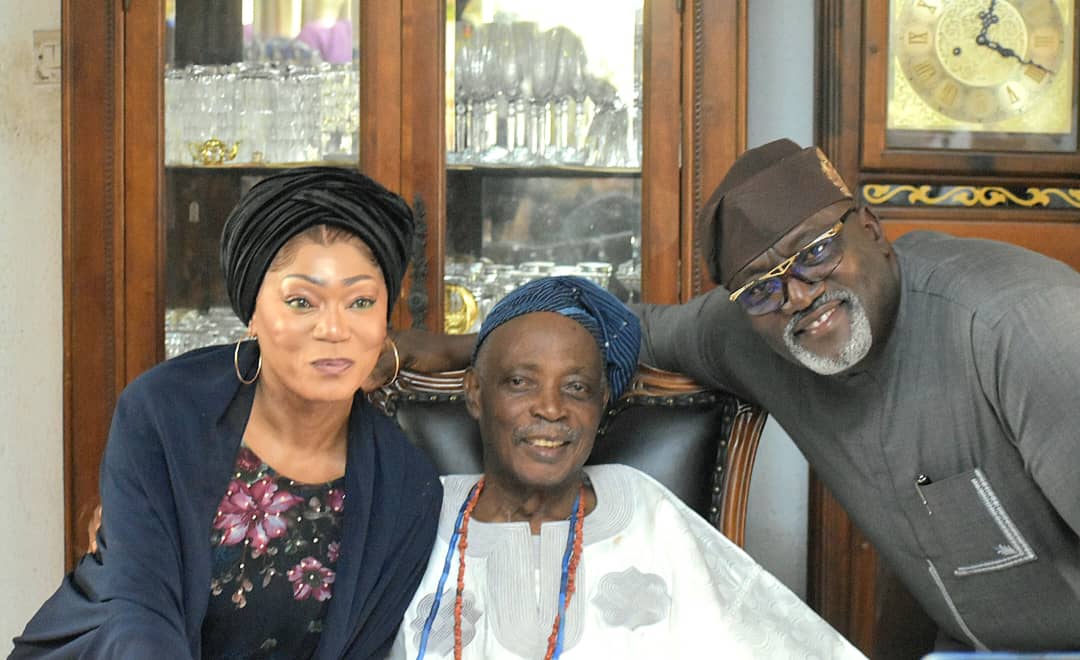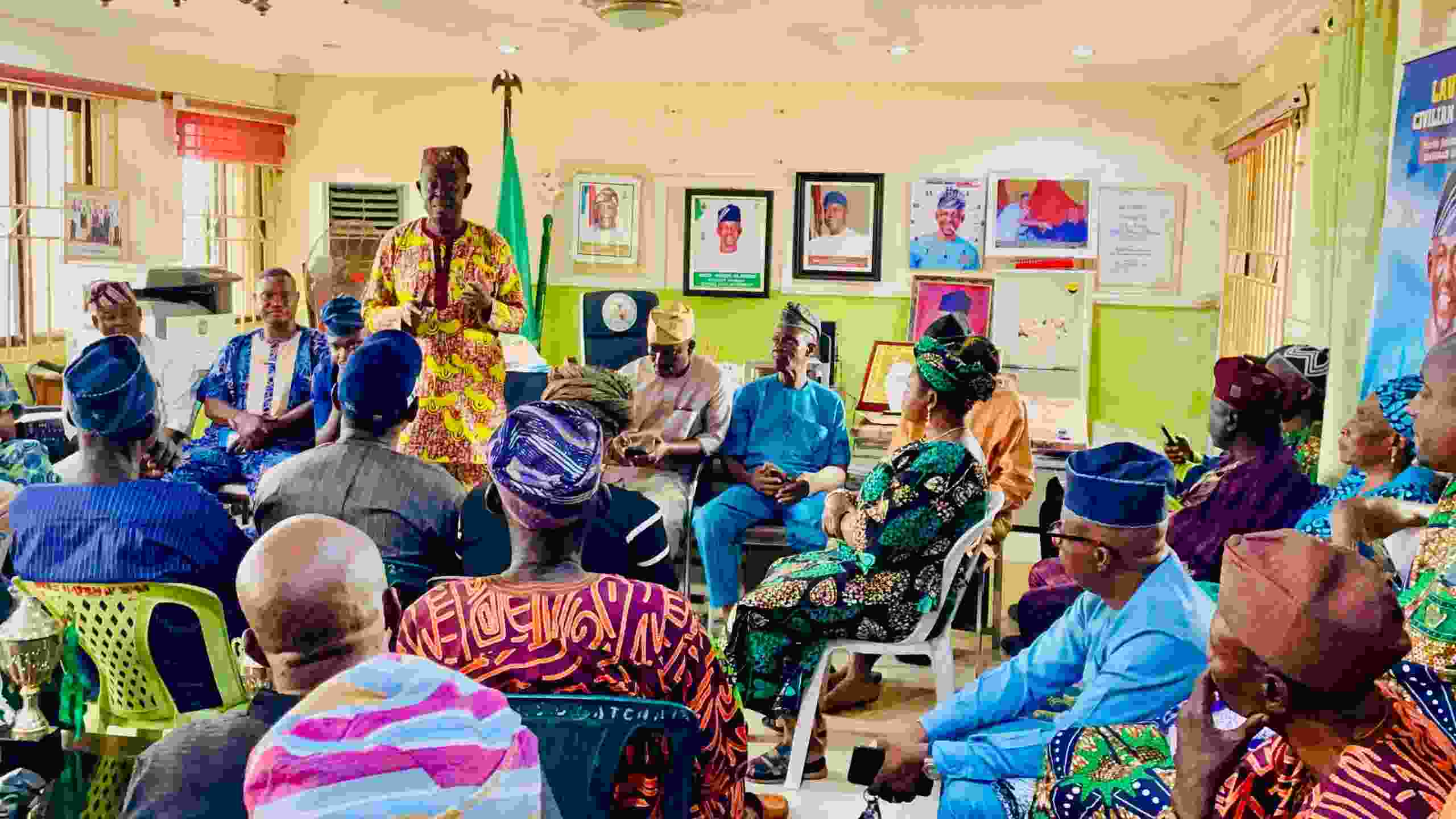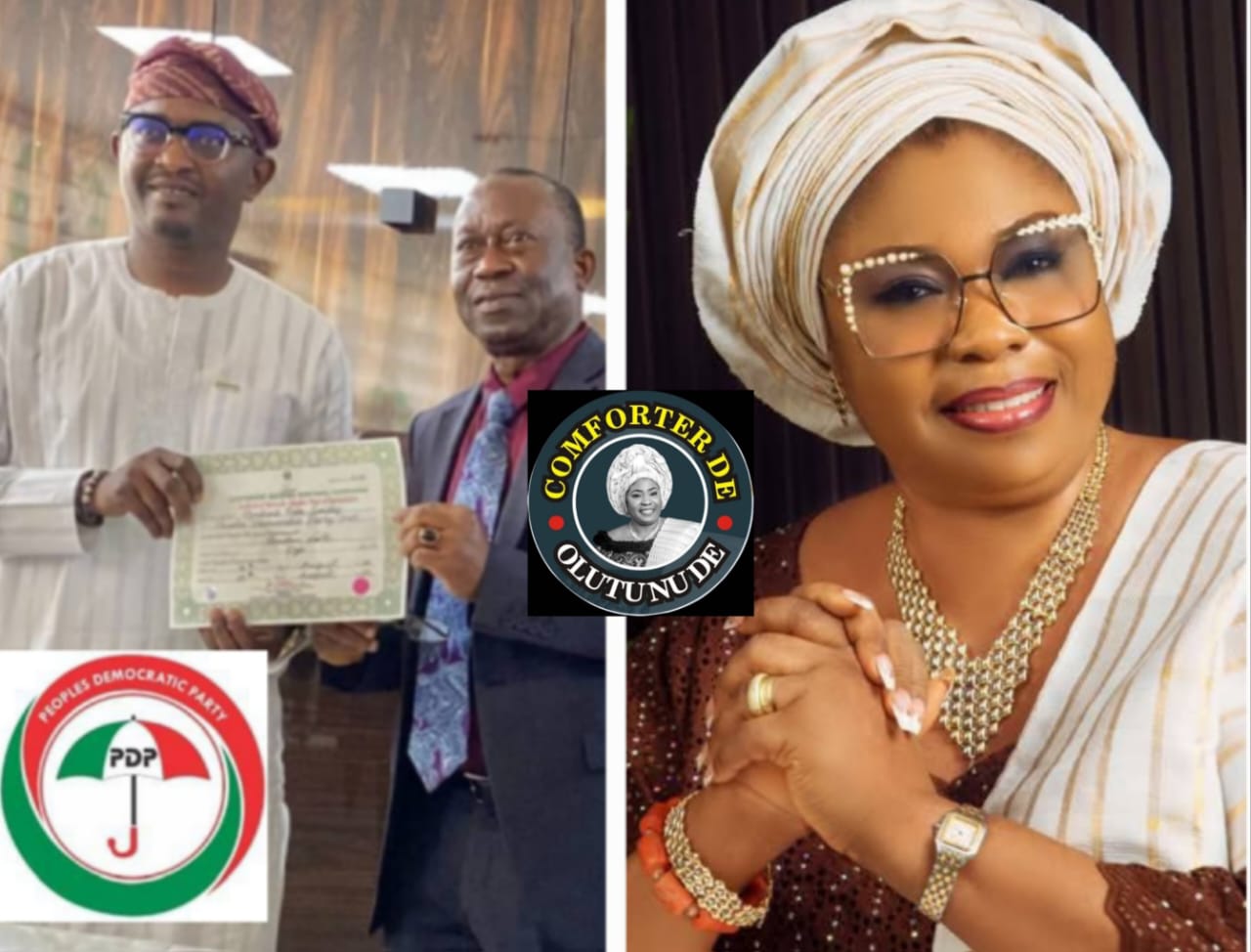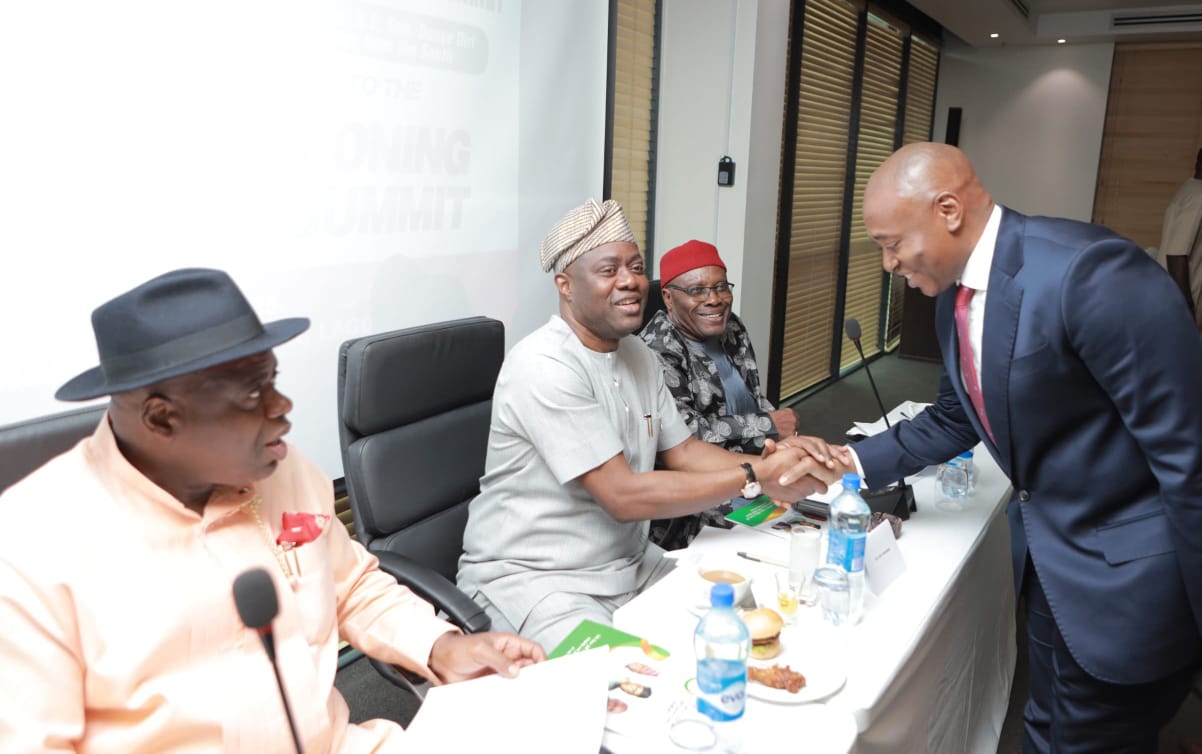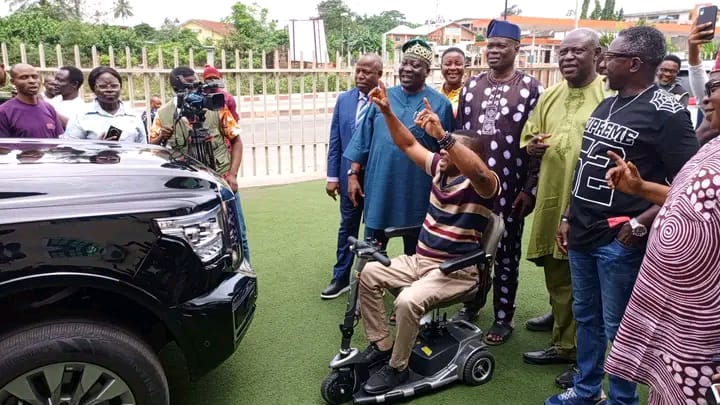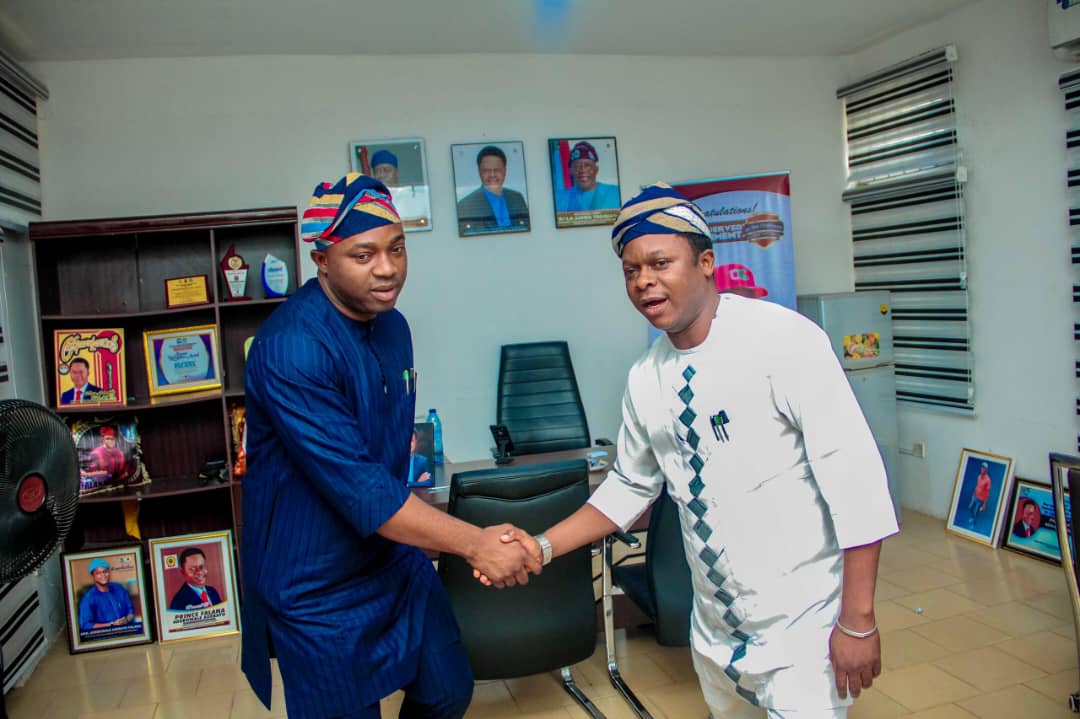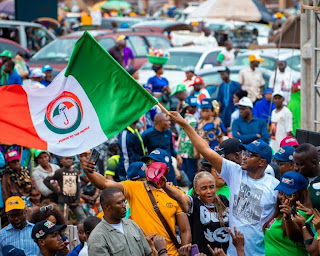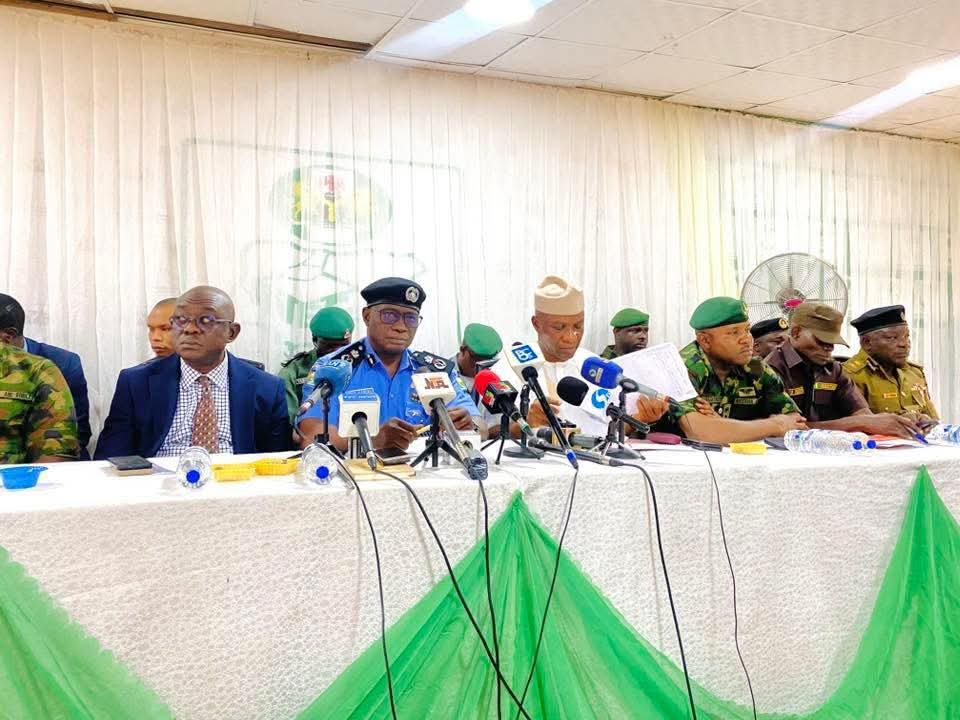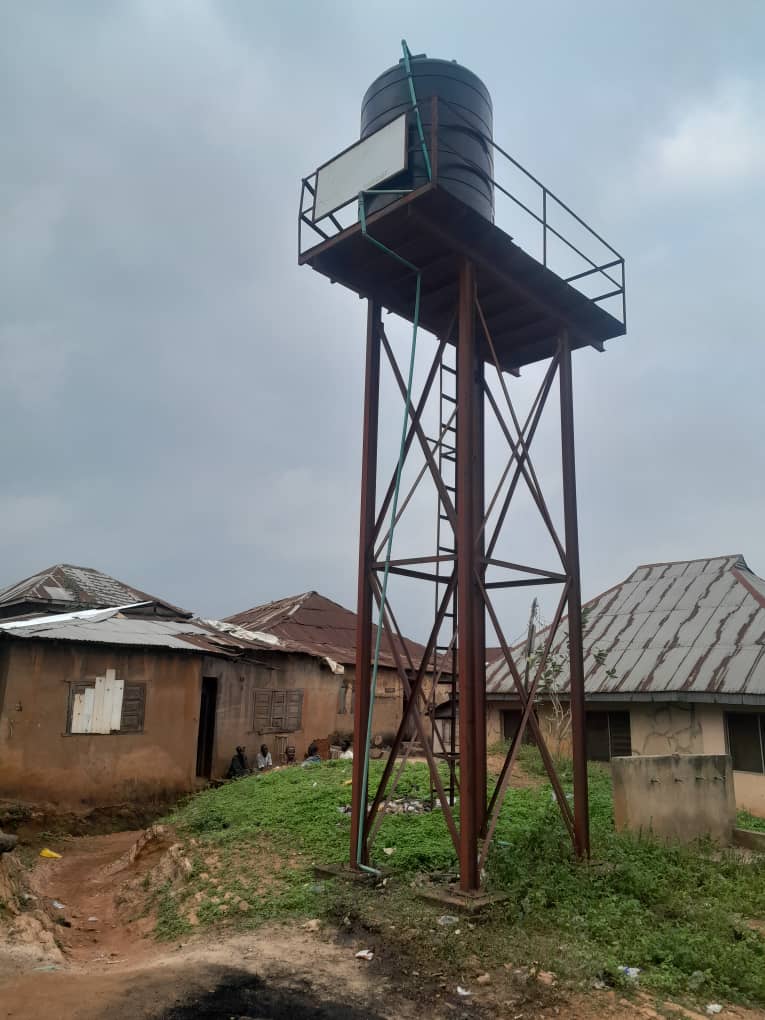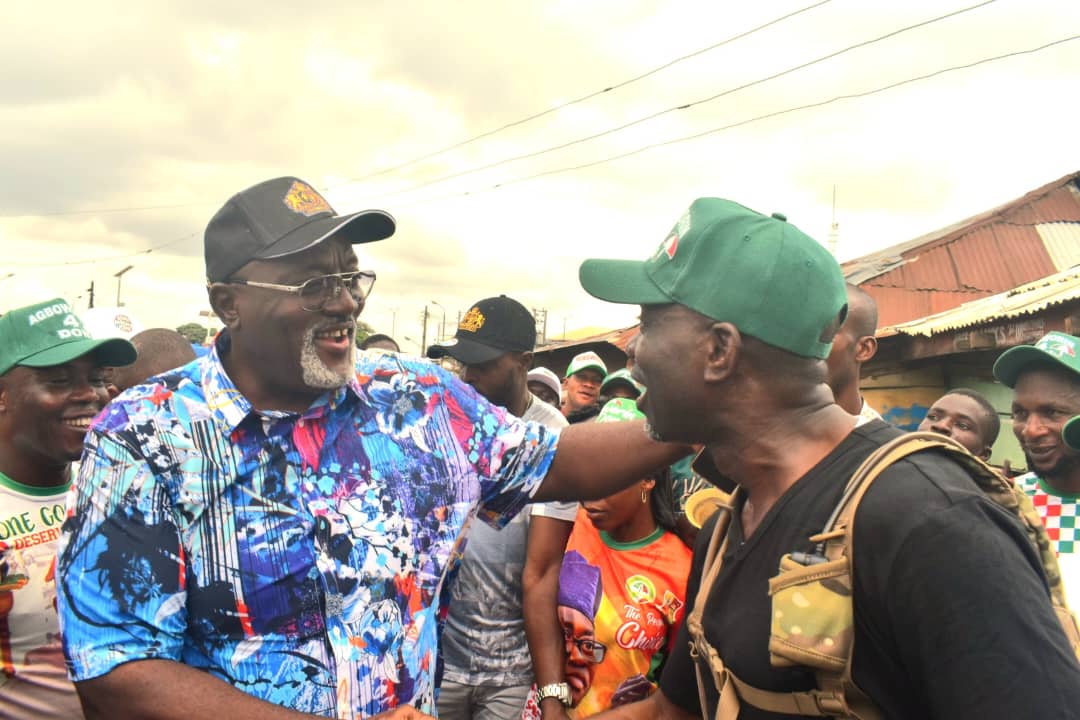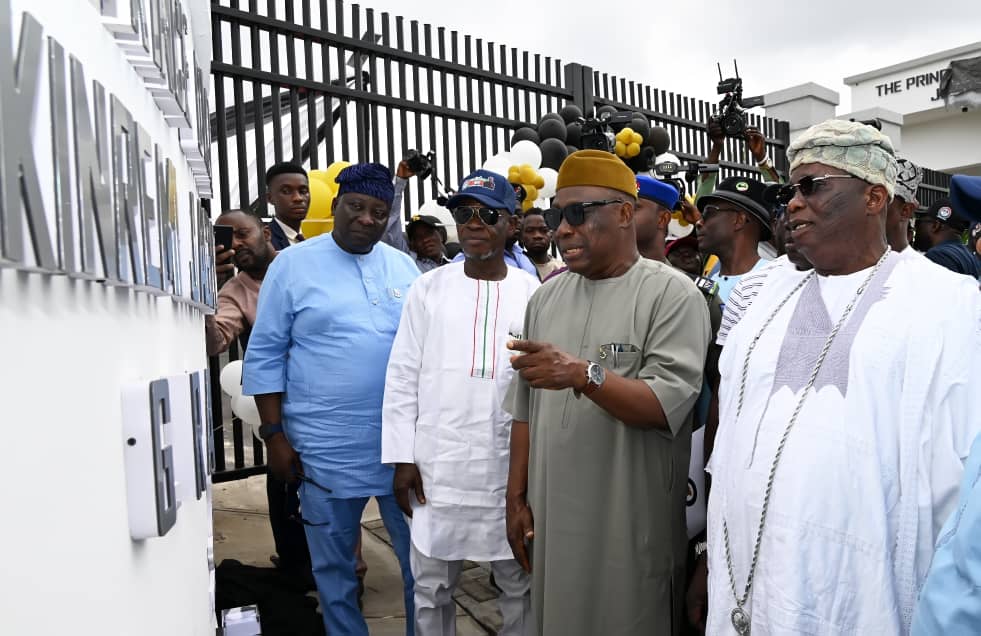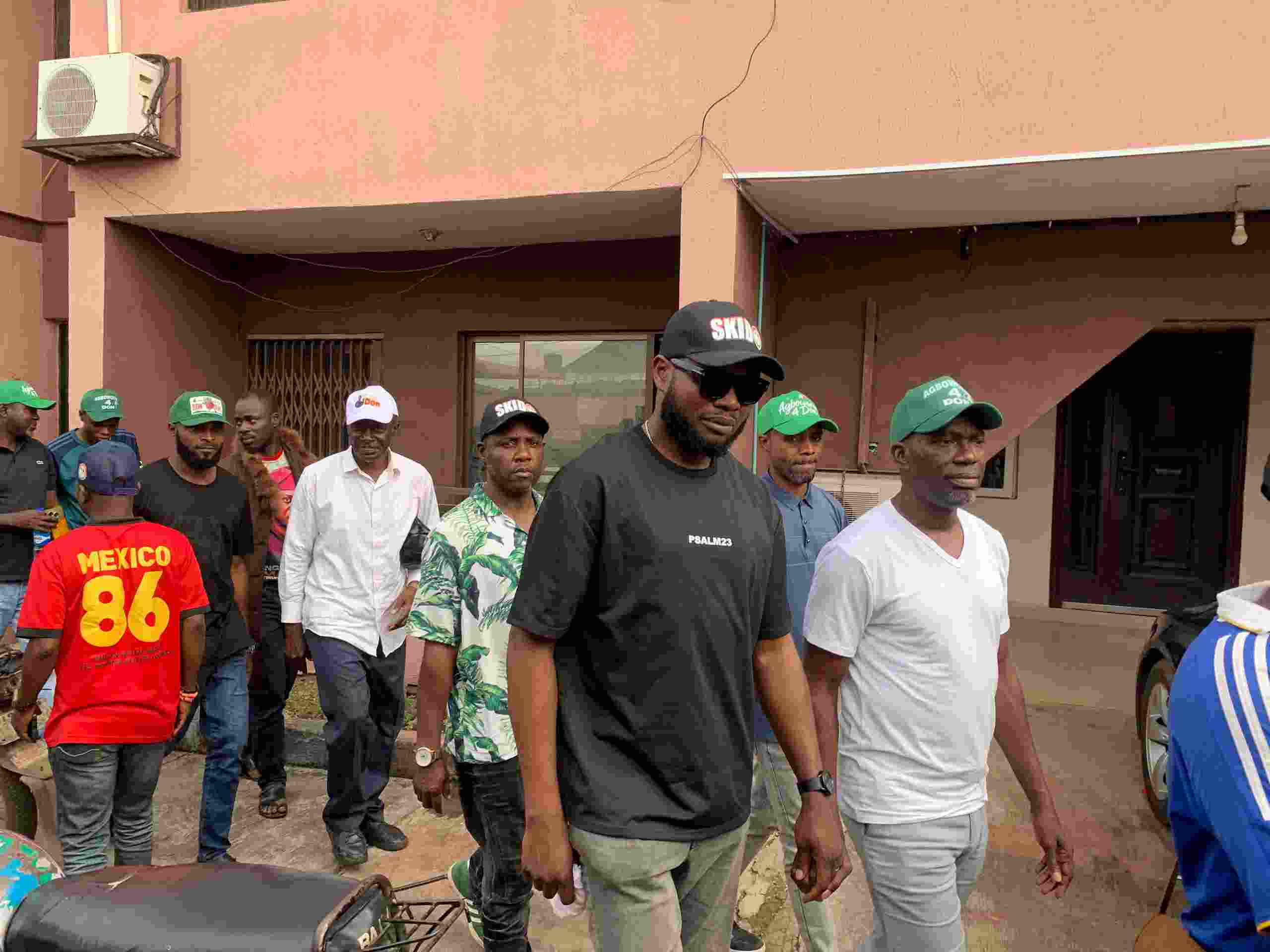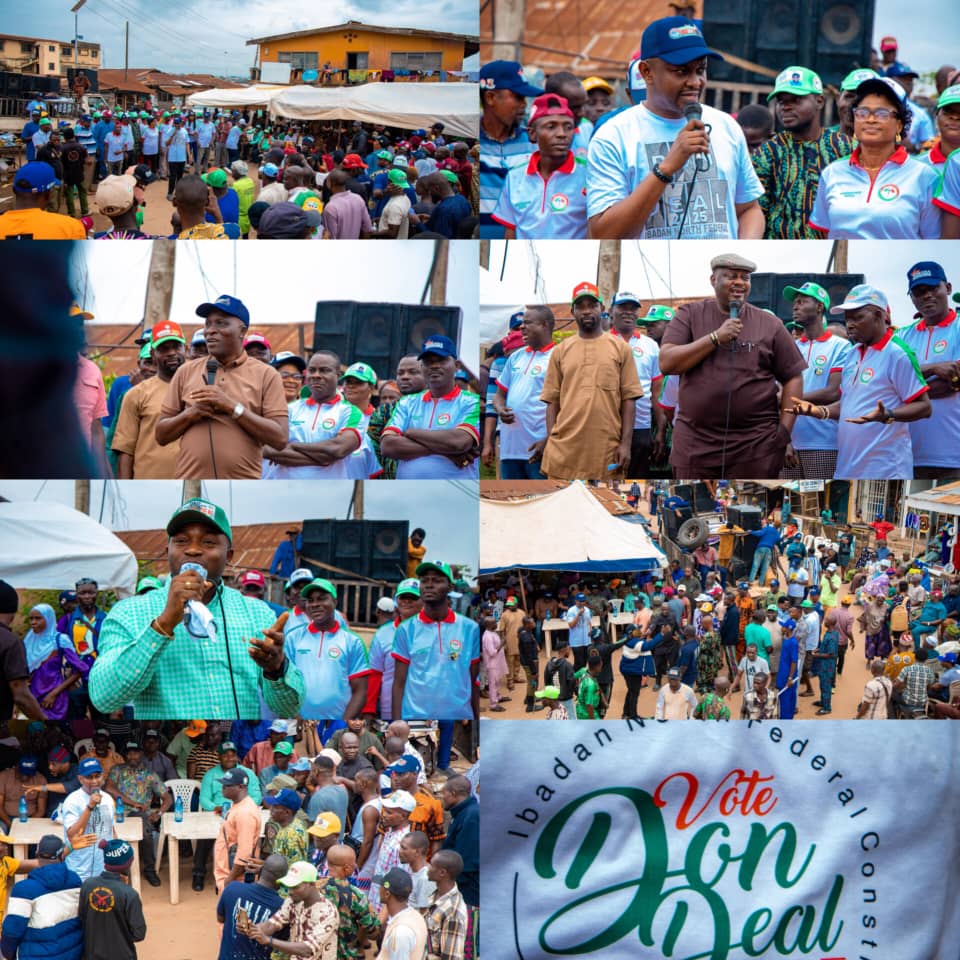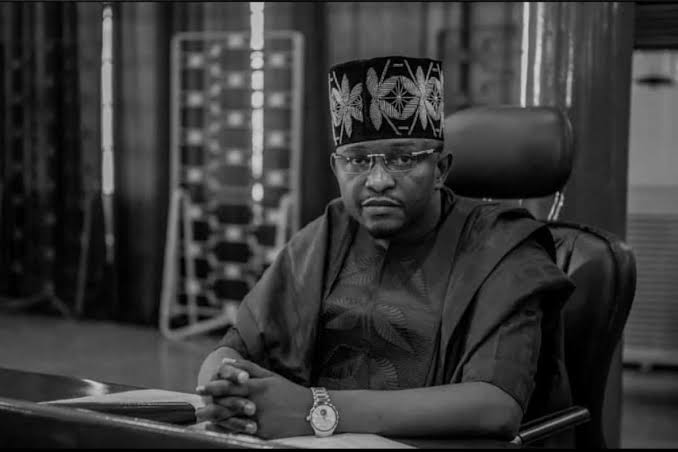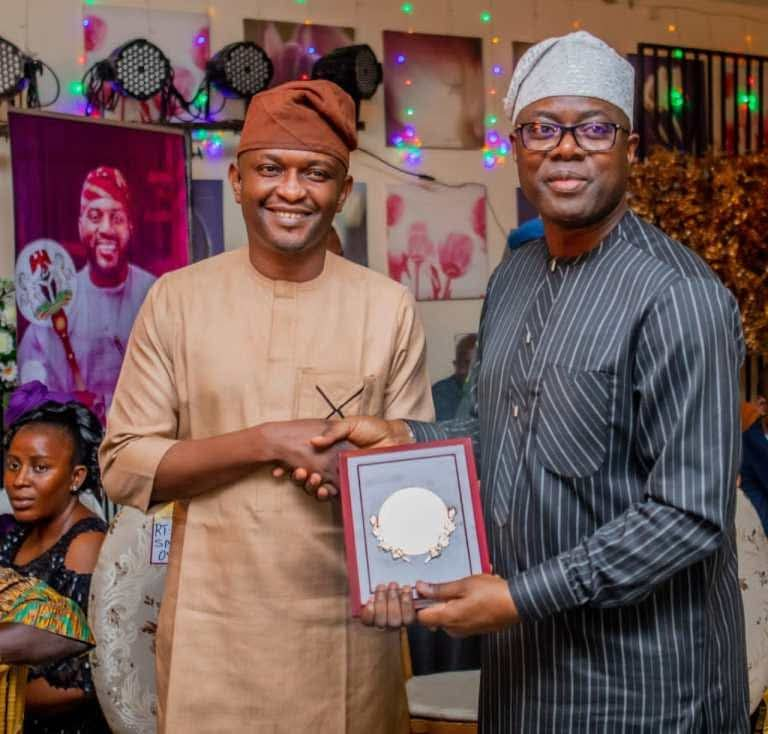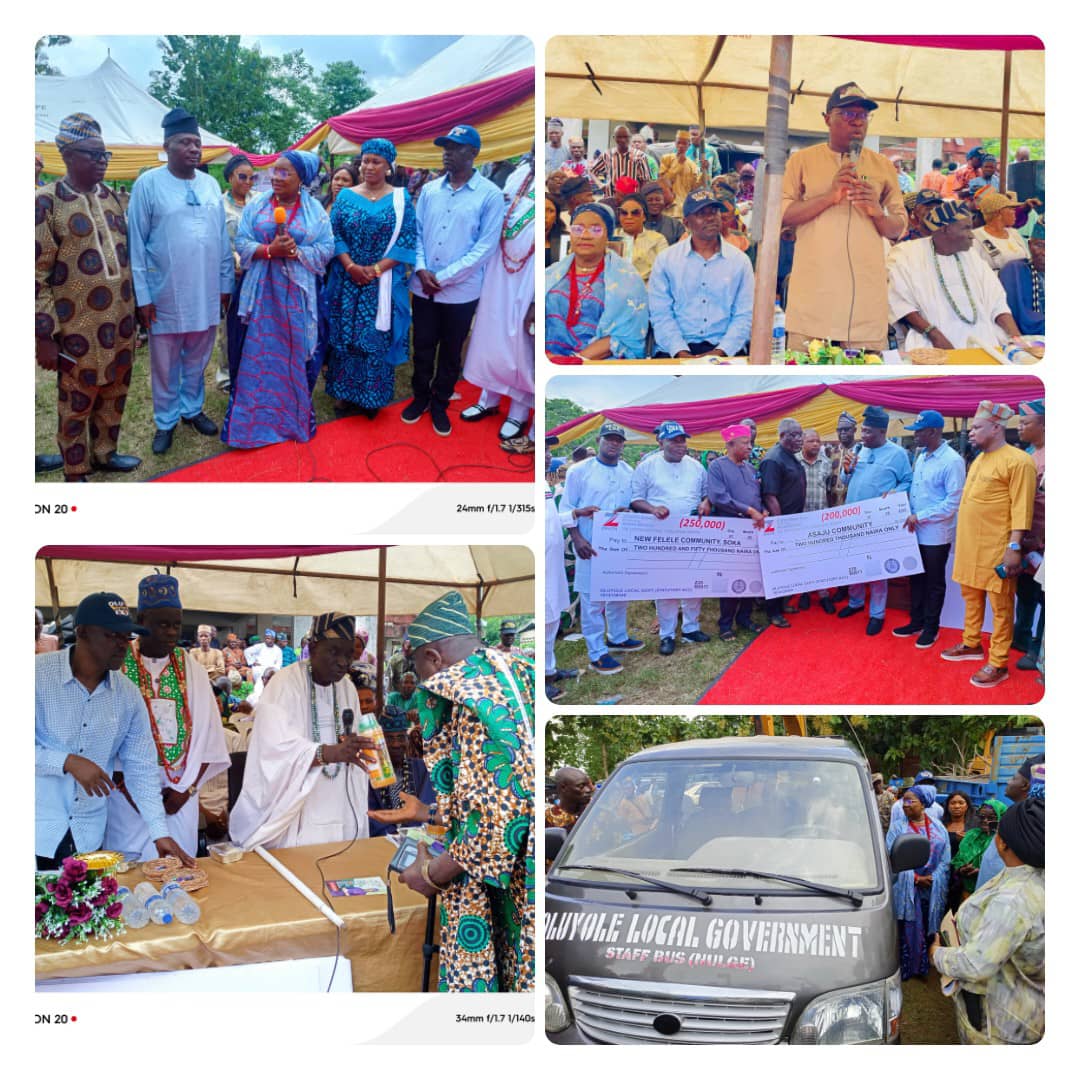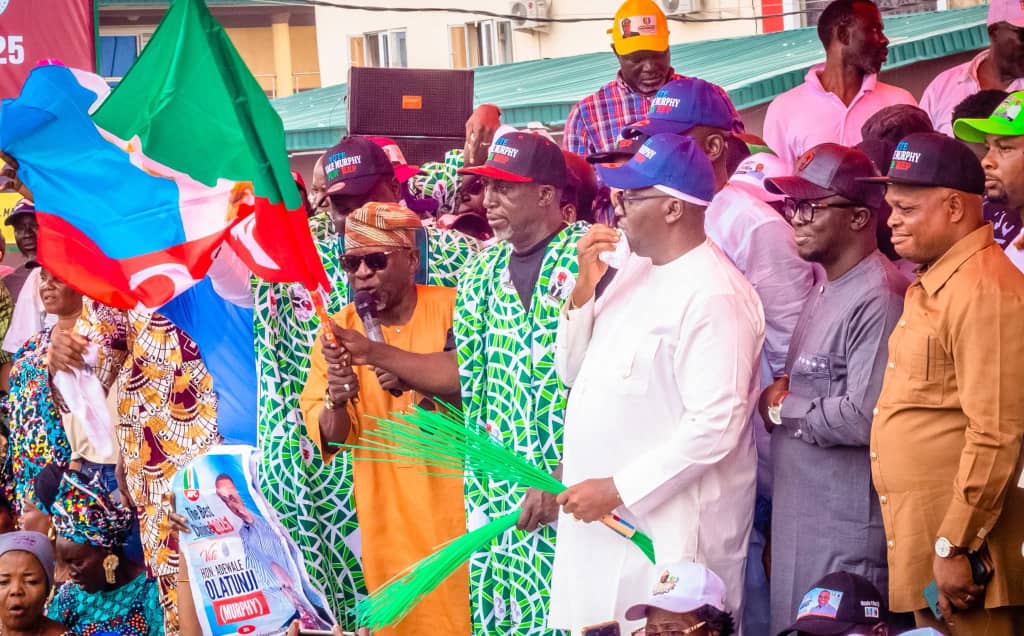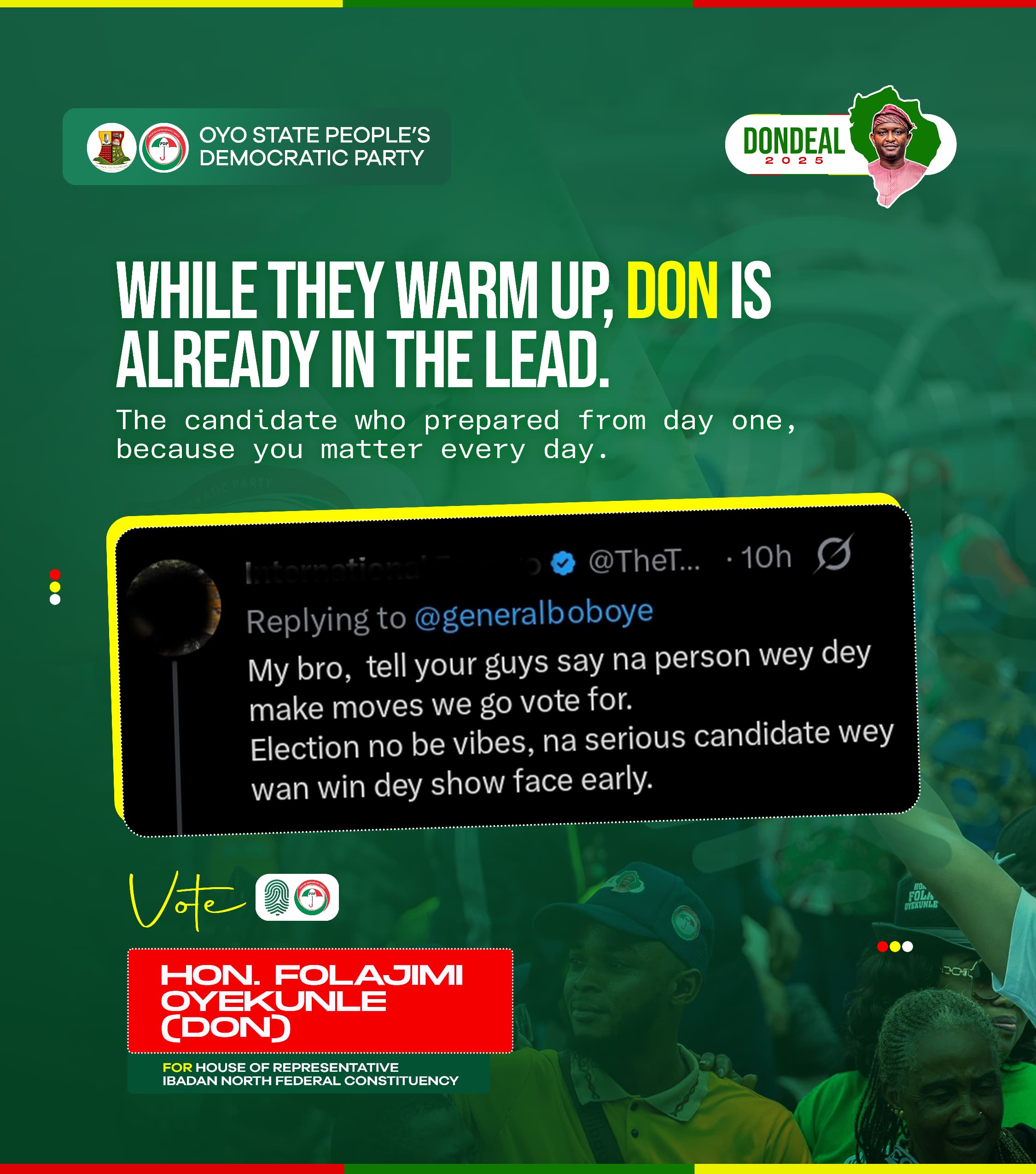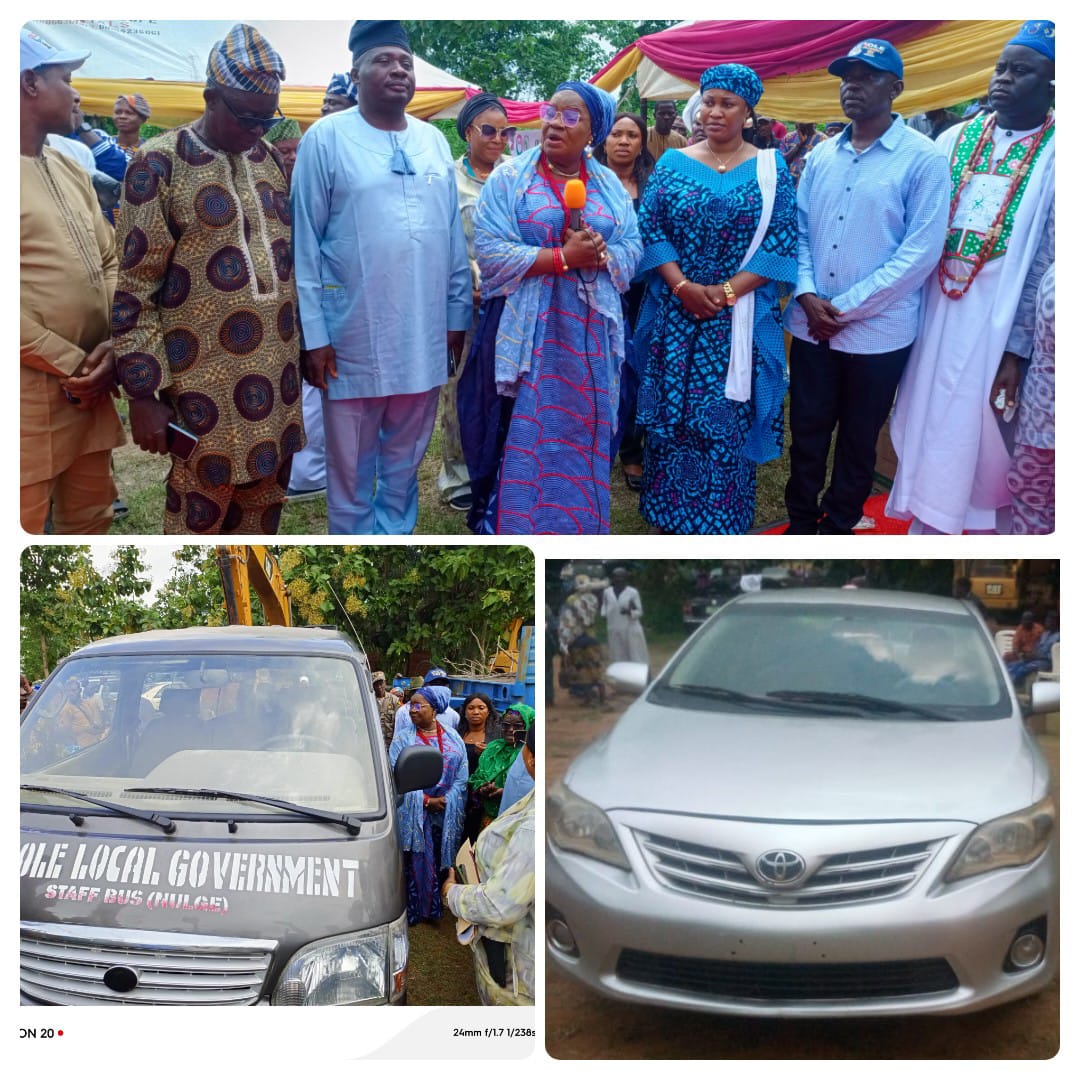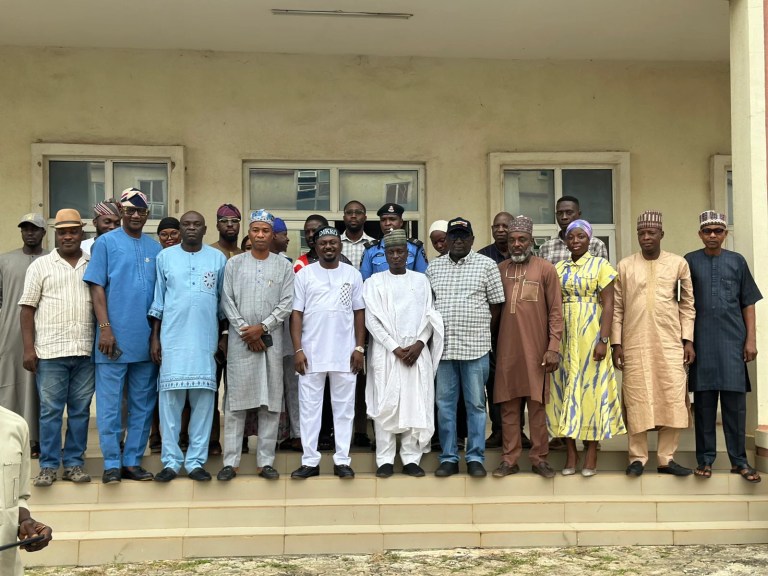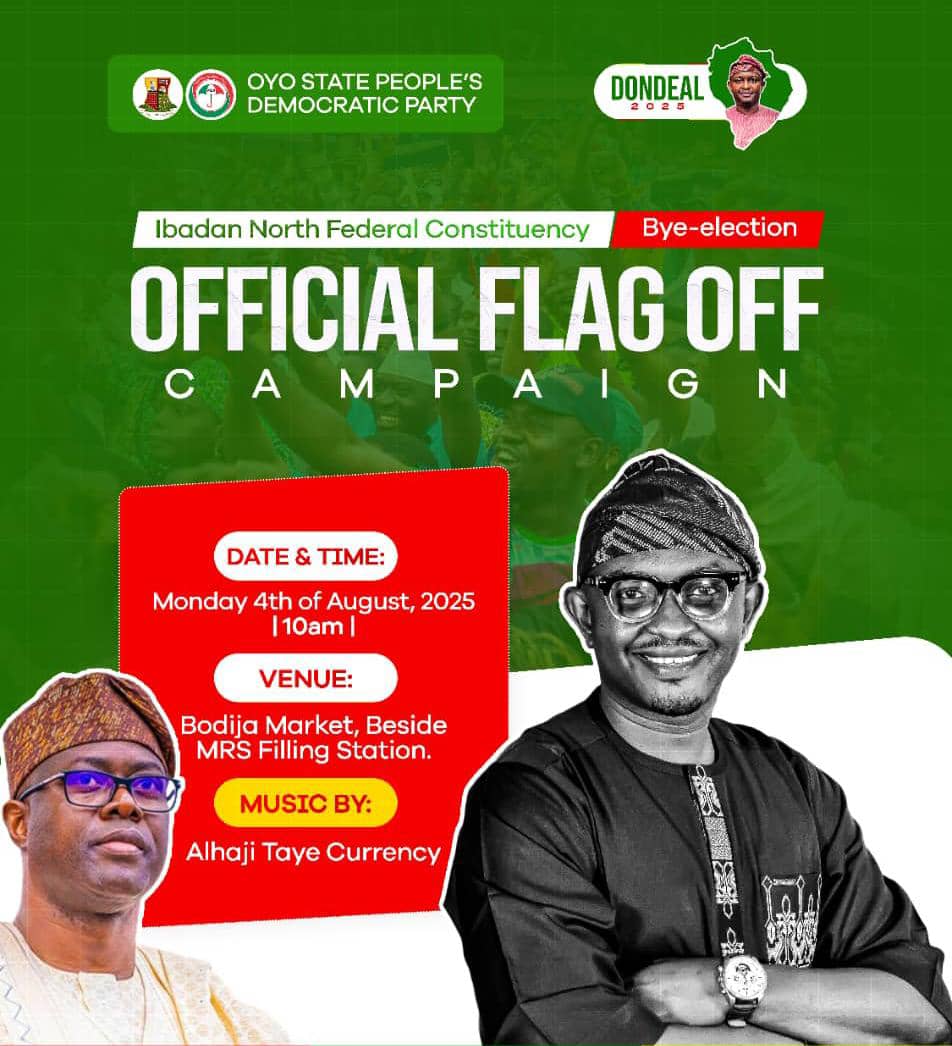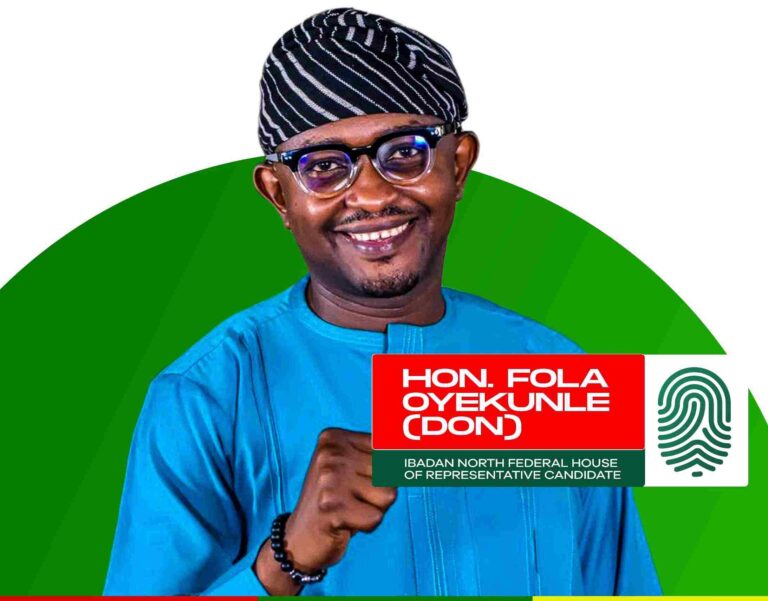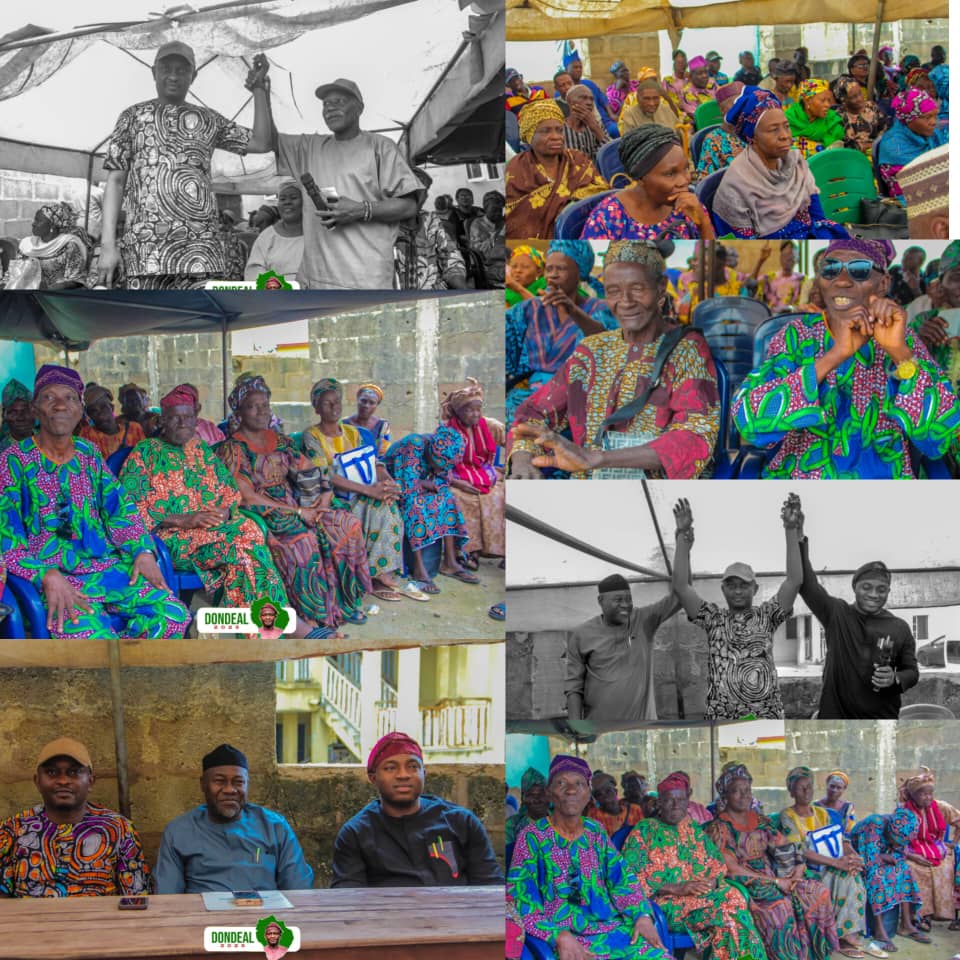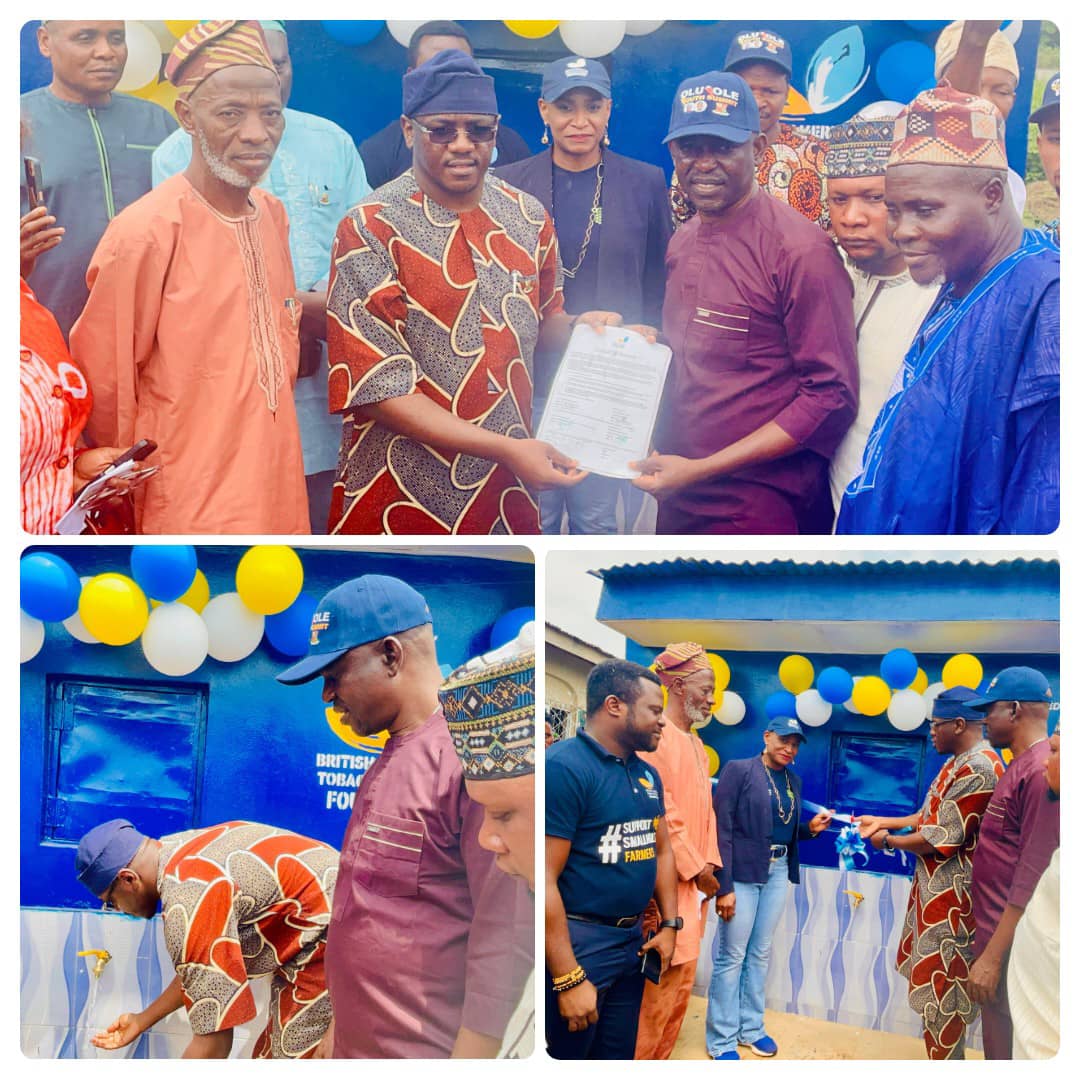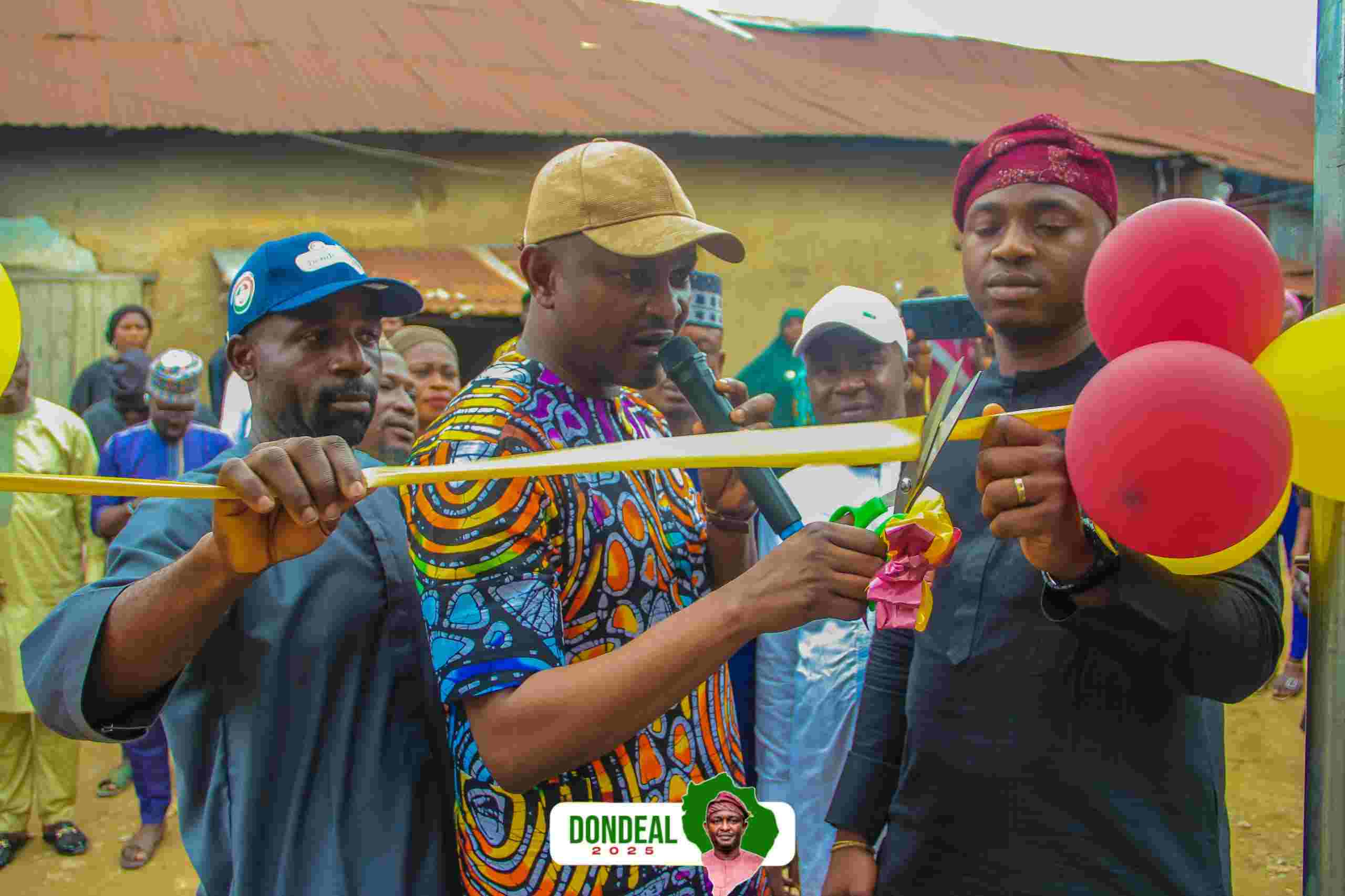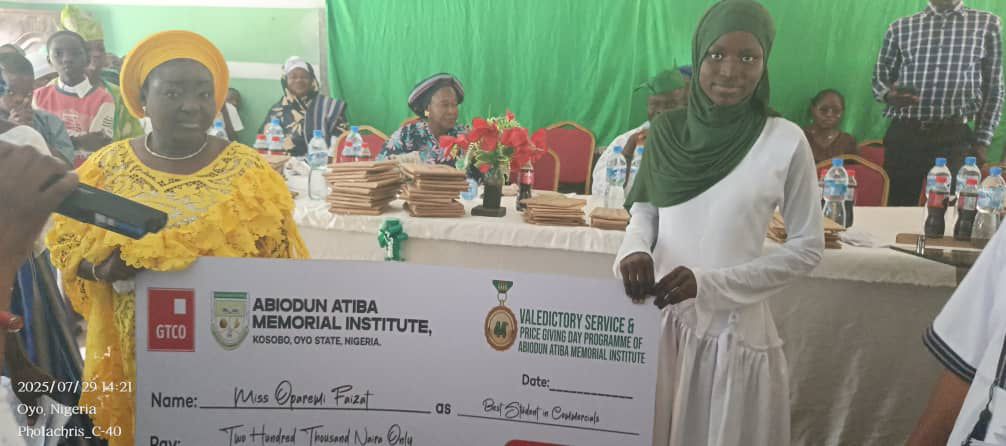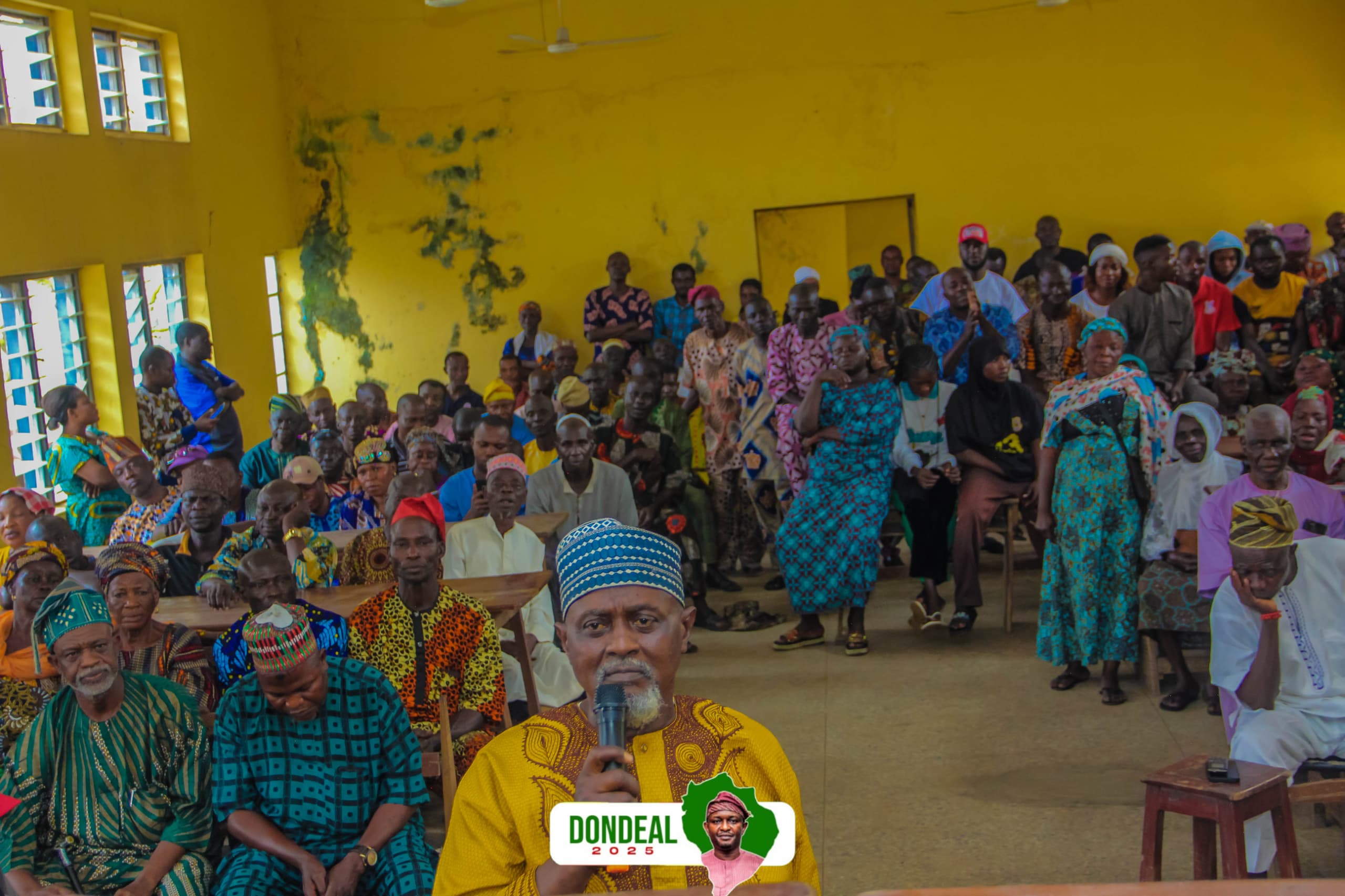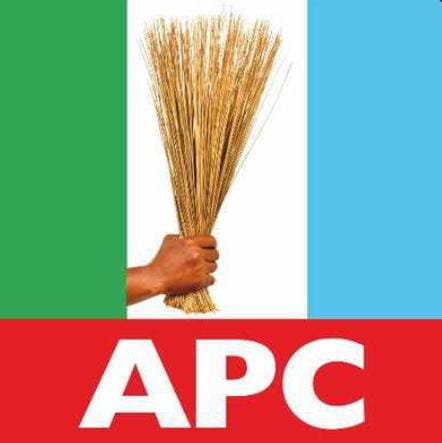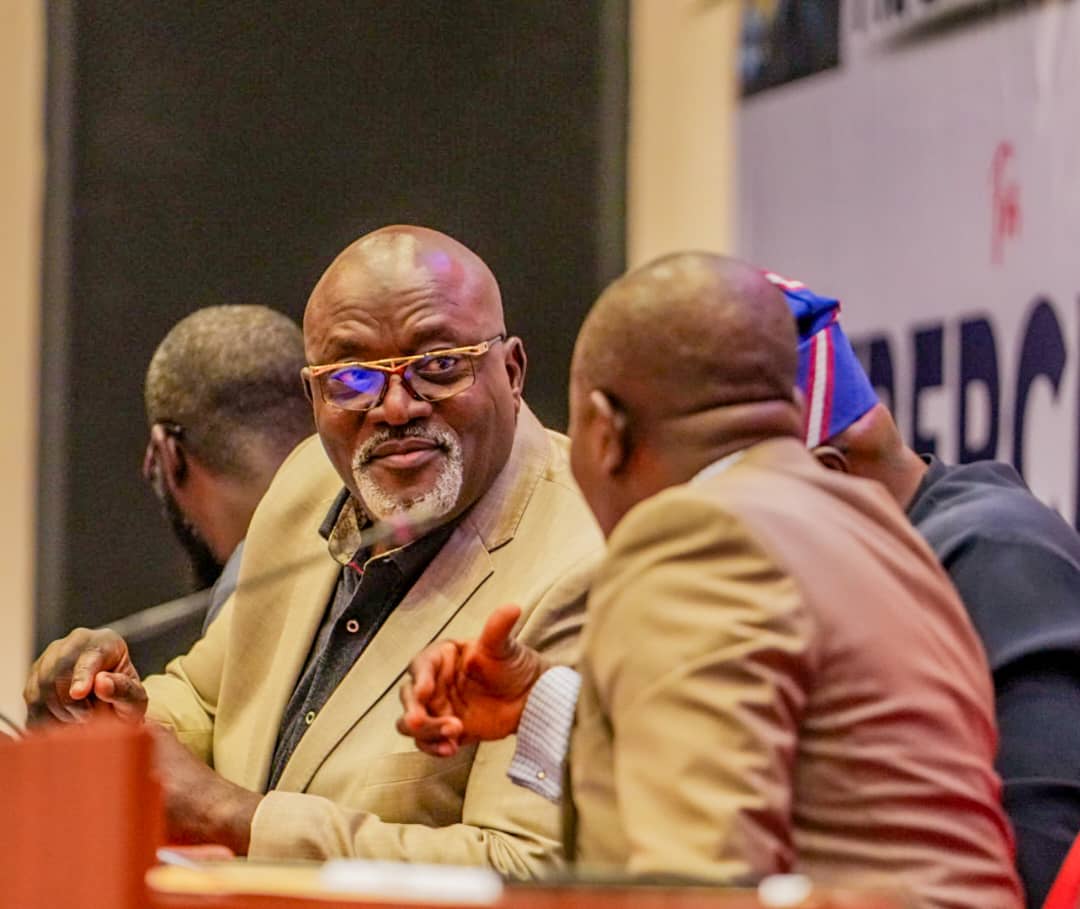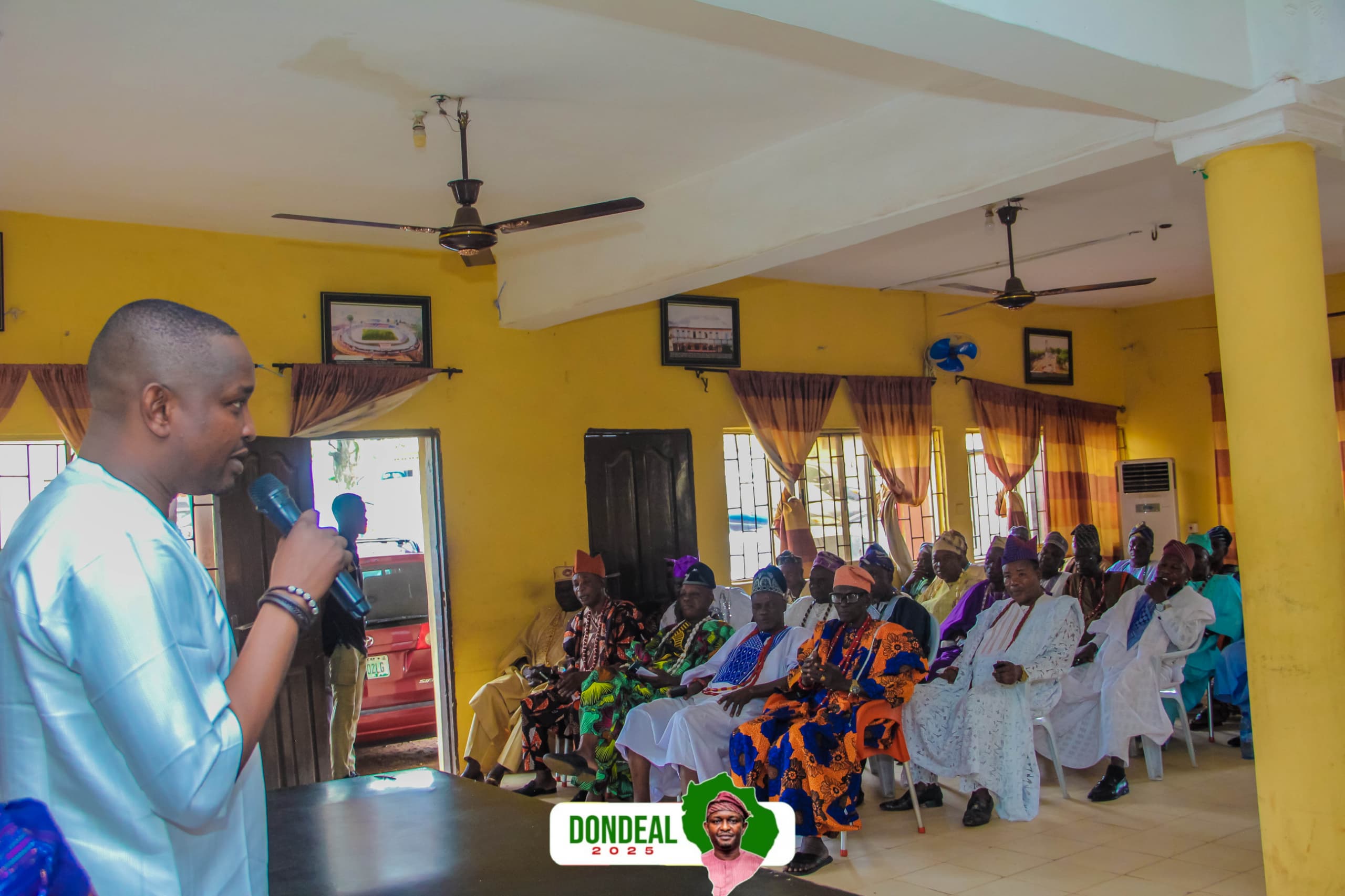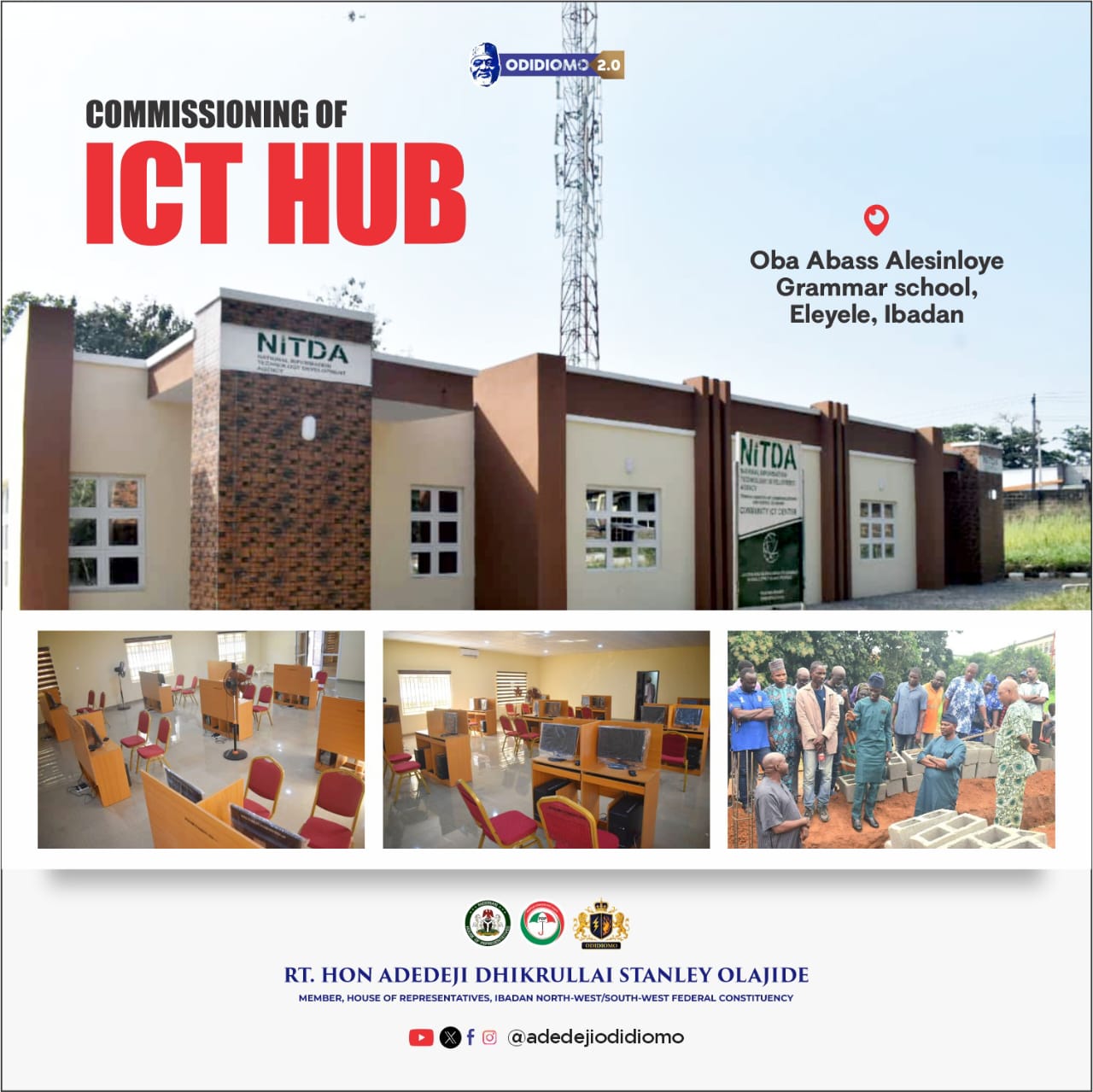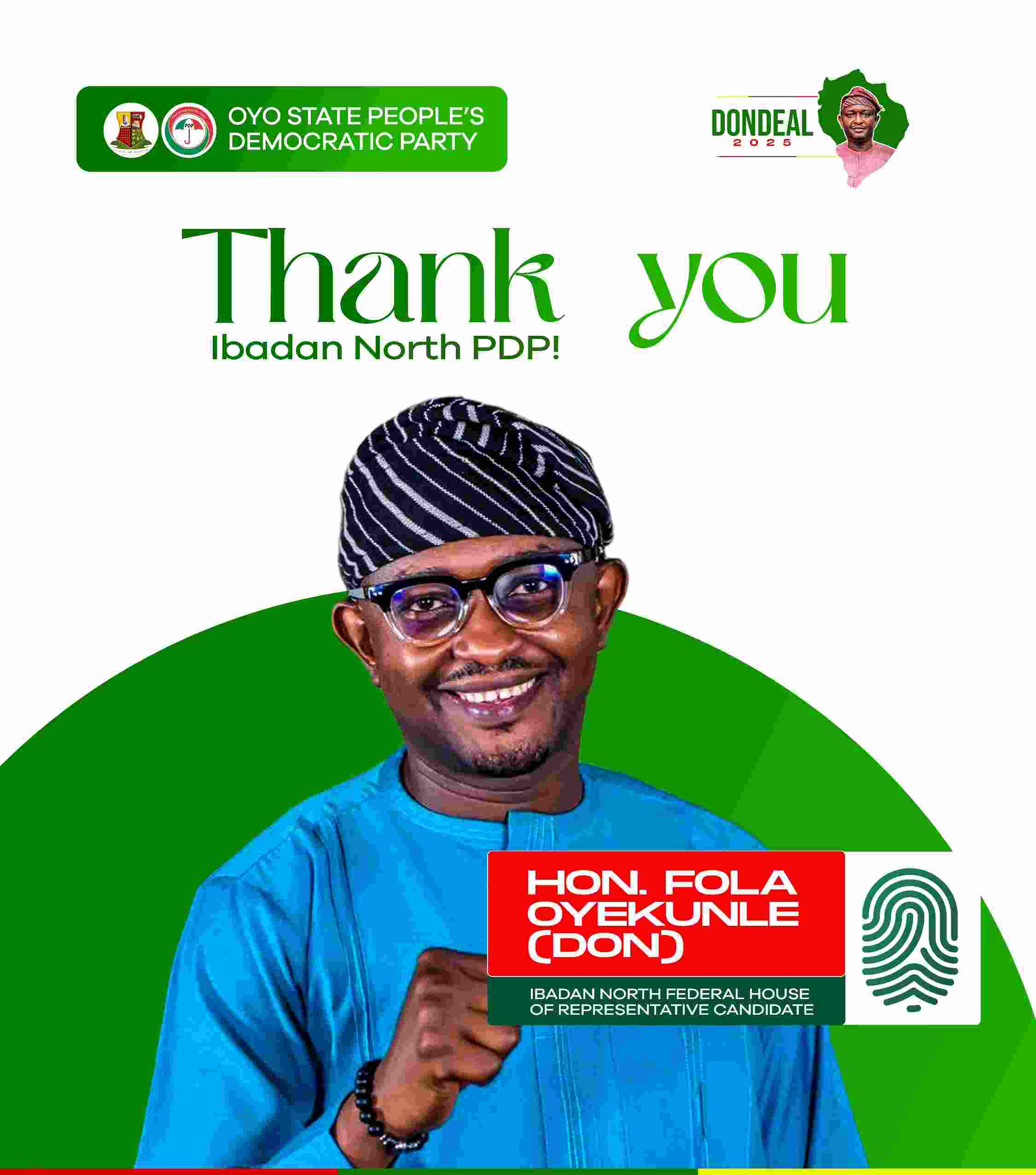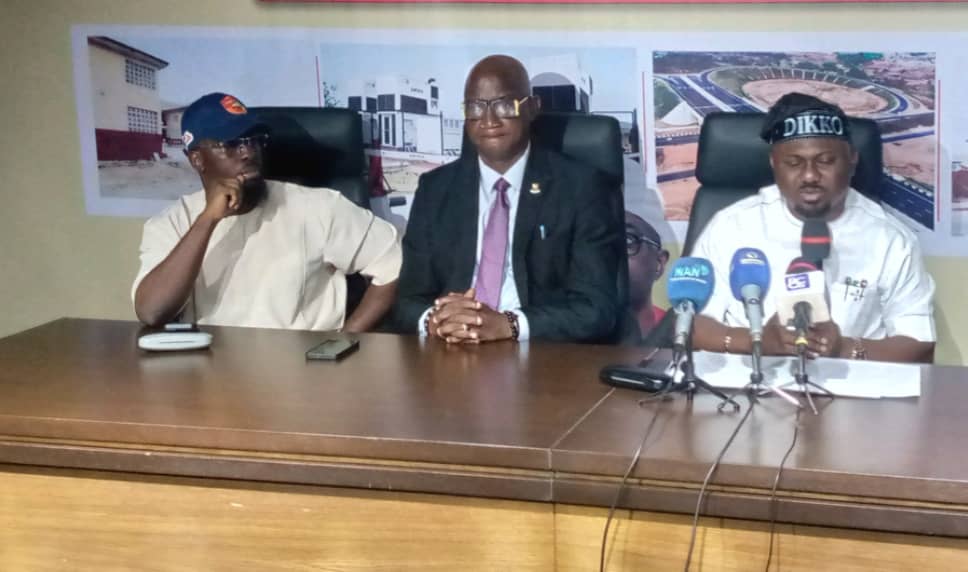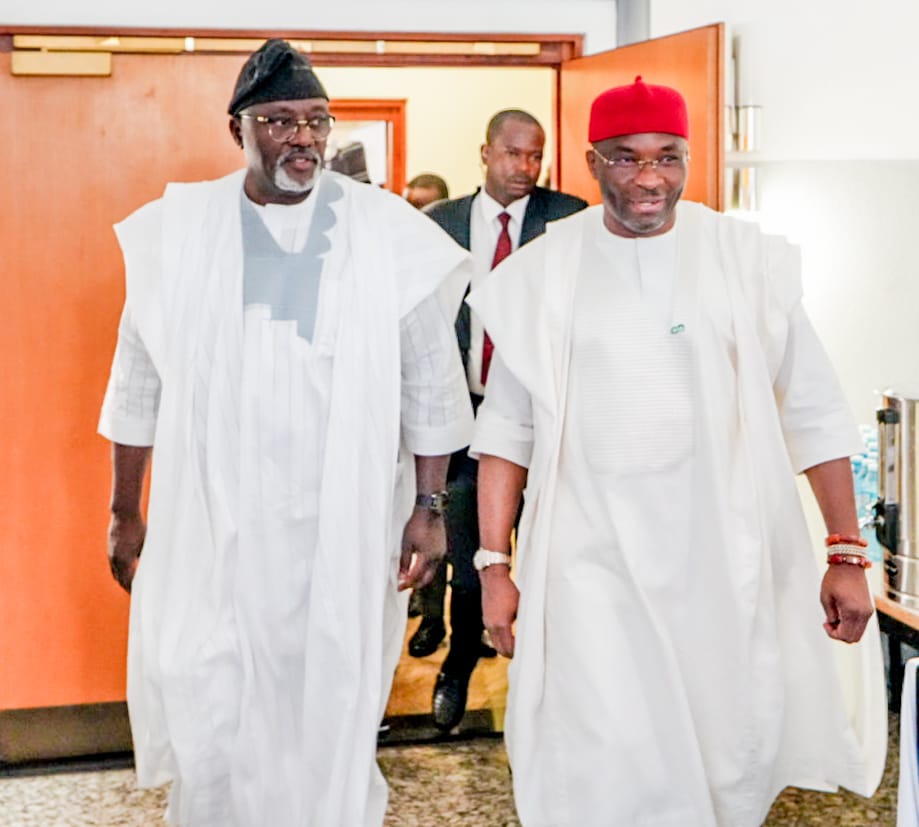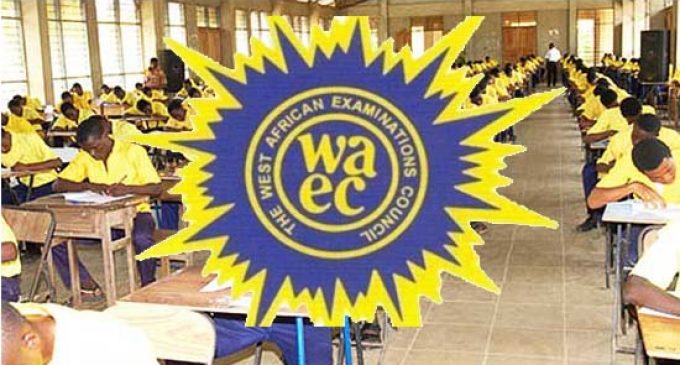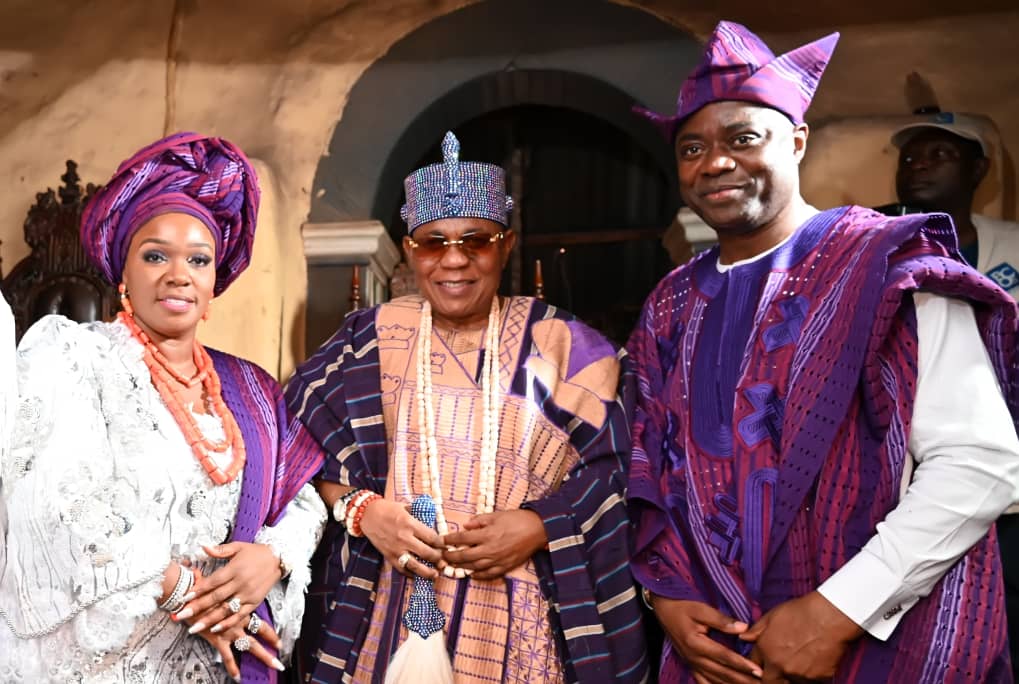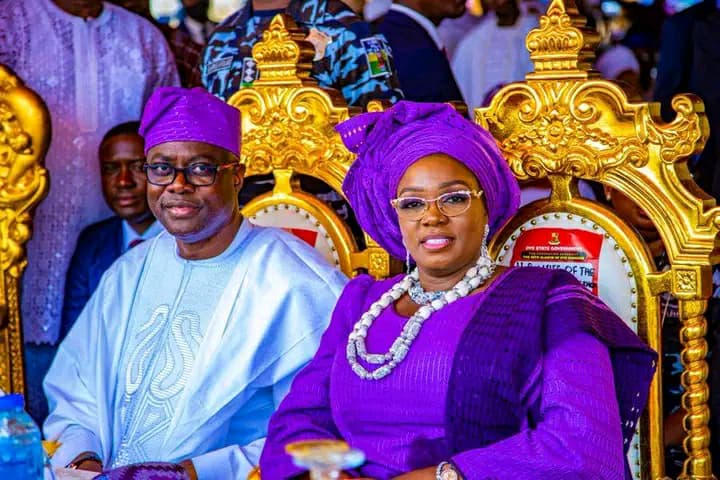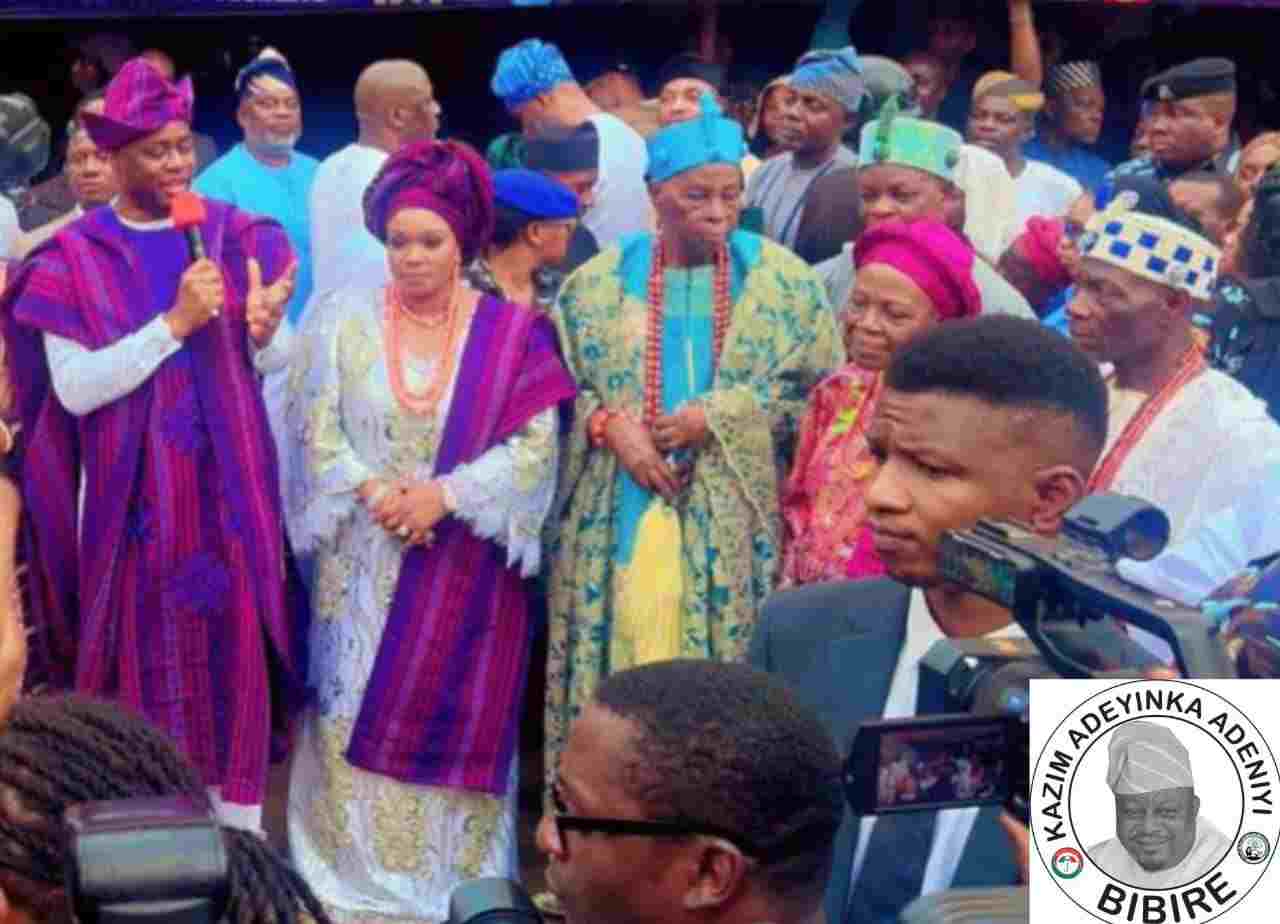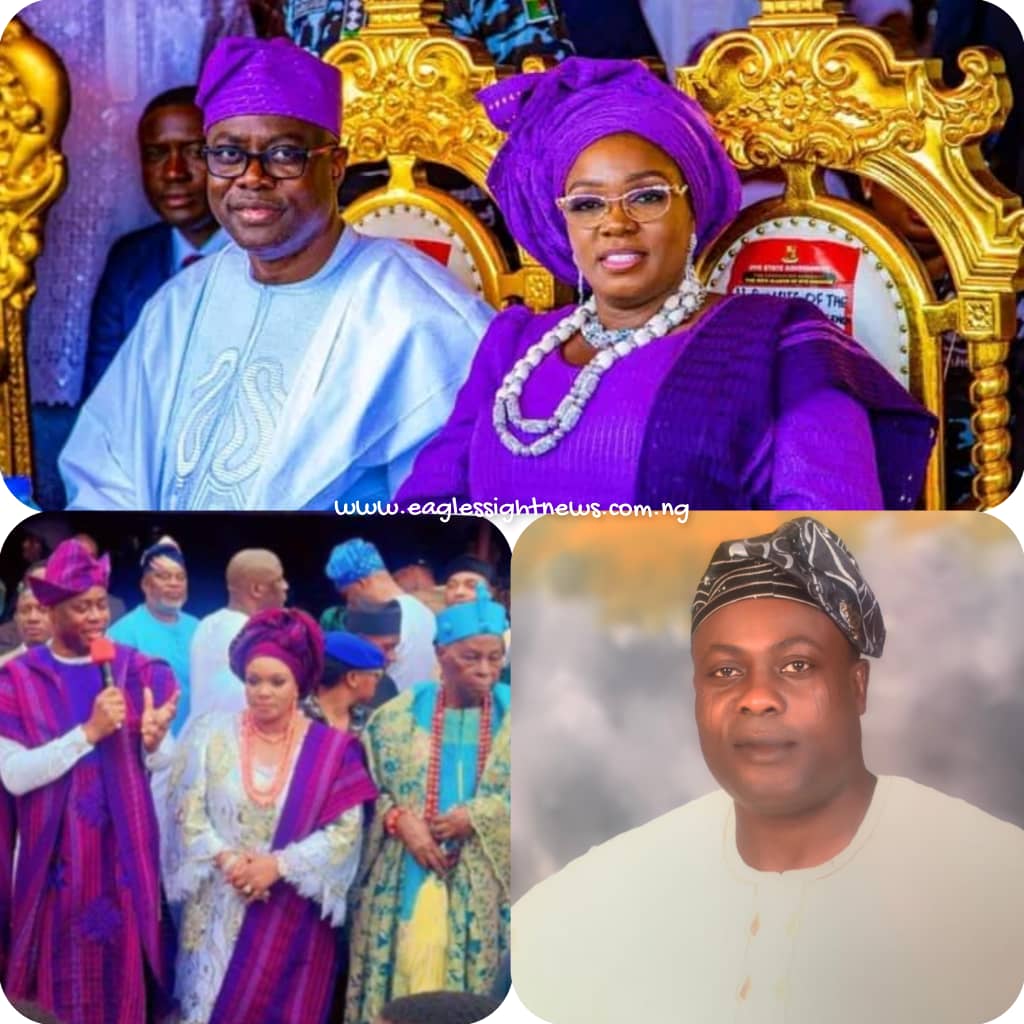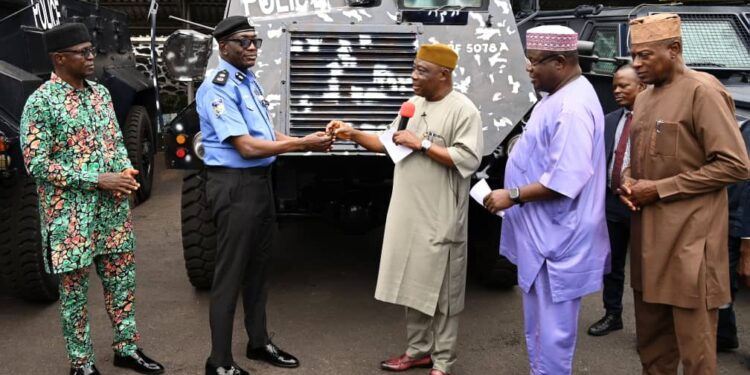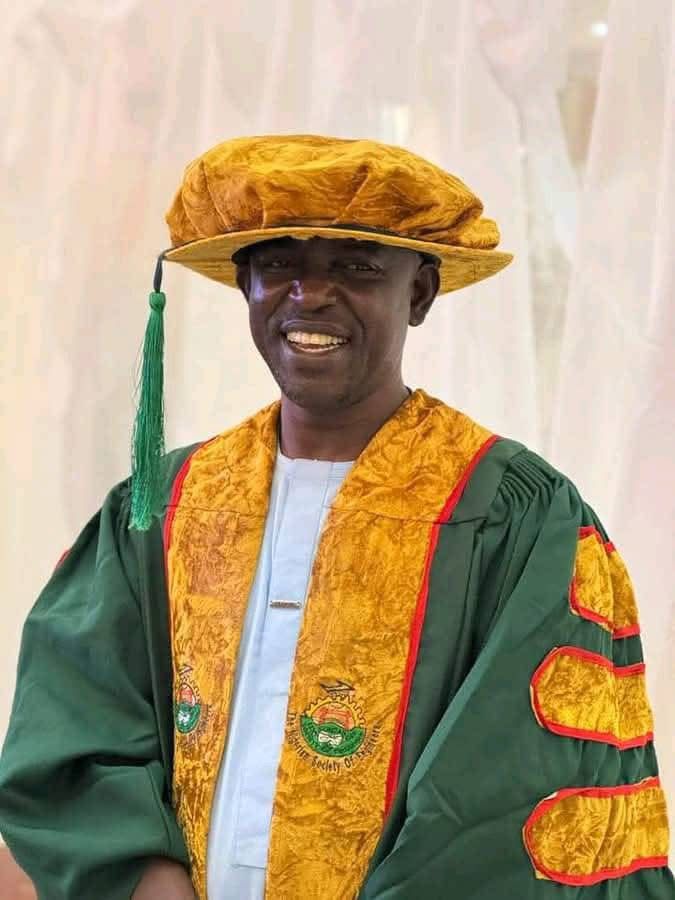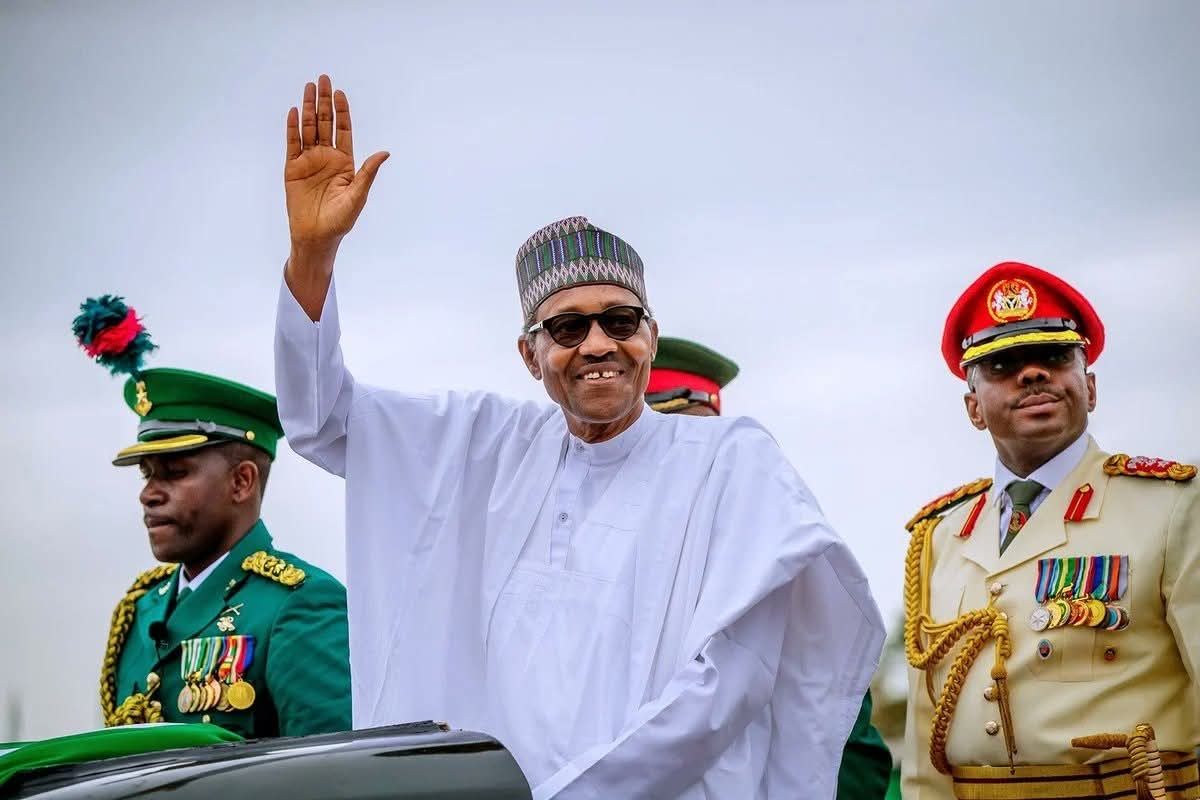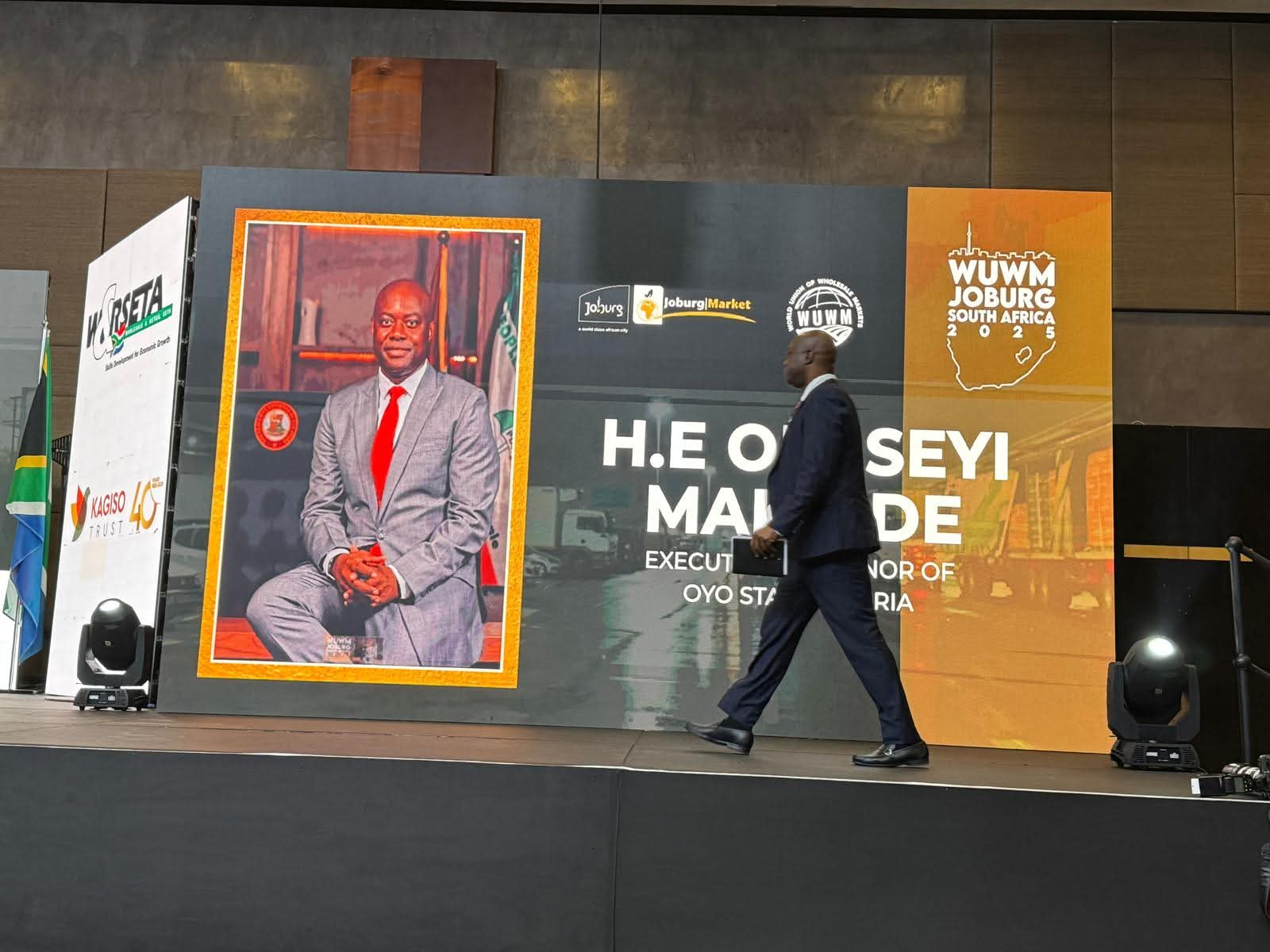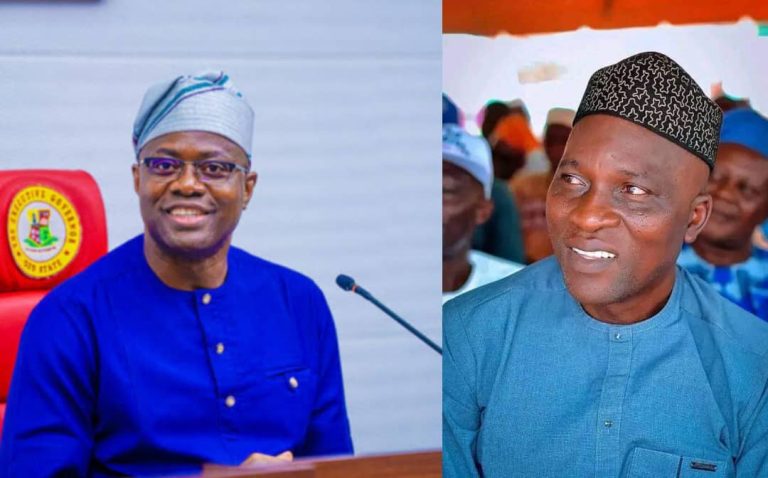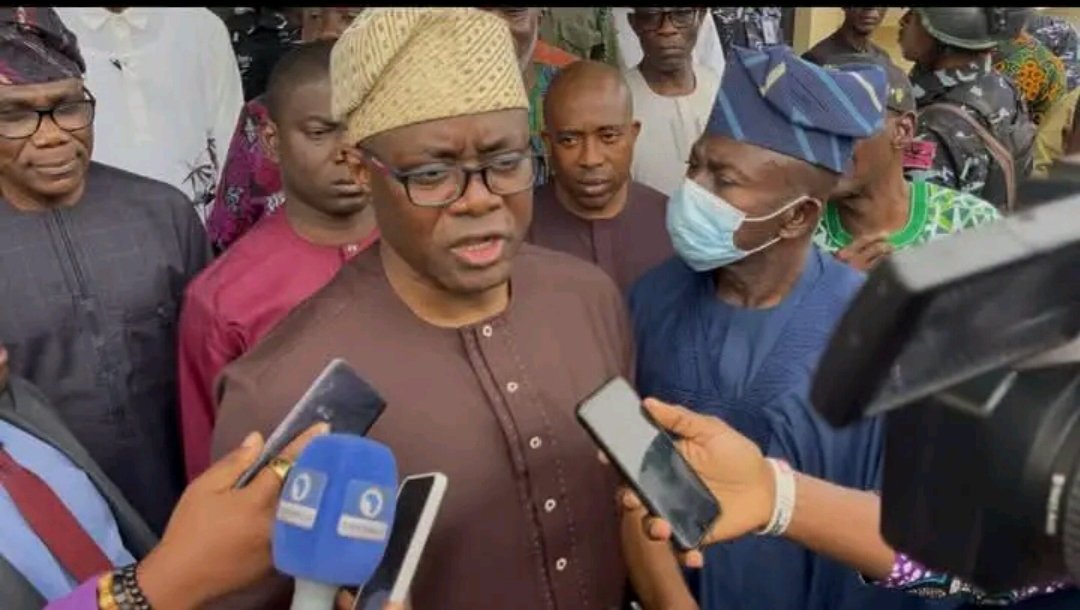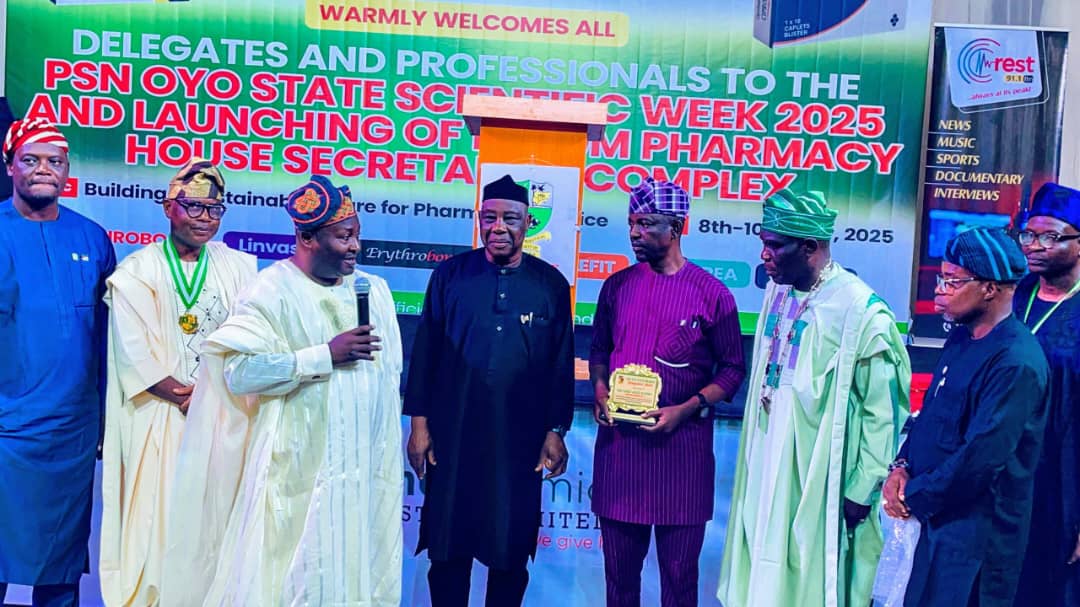To Beat INEC’s Deadline, Tinubu Quietly Submits Forms, Includes ‘Place Holder’ As Running Mate
To Beat INEC’s Deadline, Tinubu Quietly Submits Forms, Includes ‘Place Holder’ as Running Mate.
In his curiosity to beat deadline set by the Independent National Electoral Commission (INEC), presidential candidate of the All Progressives Congress (APC), Bola Ahmed Tinubu, has quietly submitted his forms, with the inclusion of a ‘place holder’ as running mate. Eagle’s Sight News has learned.
At the same time, the leadership of the Peoples Democratic Party (PDP), has constituted a 12-man committee-led by Chief Tom Ikimi, to screen the presidential nominees of the party.
Also, following the meetings of the various elders and consultative committees of the party, on the choice of a vice presidential candidate, the National Working Committee (NWC), of the PDP, met to decide on the recommendations made by the various committees.
This is as the presidential candidate of the PDP, Alhaji Atiku Abubakar, has said his main objective was to have Nigerians, who would be the beneficiaries of his policy framework to interrogate the policies on how to reduce infrastructure deficit and free up funds for social investments in the country.
An insider in the ruling APC told THISDAY last night in Abuja that the action by Tinubu and the APC was aimed at meeting the statutory requirement and beat the Friday, June 17, 2022 deadline by INEC for presidential candidates to submit names of their deputies to the commission.
But the choice of running mate is yet to be resolved hence the decision to include a “place holder” instead as vice-presidential candidate, while Tinubu and the APC were still making consultations for a suitable deputy that would enhance the party’s victory in 2023.
The controversy over the suitability of the APC running with a Muslim-Muslim ticket or otherwise, has been very intense in the last few days.
“The name of the running mate submitted would be changed for another northern politician in the next few weeks. The one submitted is just holding the ticket in trust for another candidate to be picked by Tinubu and the party in the next few weeks.
“The candidate is still widely consulting, because the issues around the choice of running mate are many and he is yet to address them all. So, he is still asking for more time to look into it all – whether he is running a Muslim-Muslim or a Muslim-Christian ticket.
“He personally thinks there’s a need for more consultation and that’s what he is doing. The debate on the choice of deputy has assumed a level that is currently greater than the party and the candidate, hence the need for comprehensive consultation, which is what he is doing,” a reliable party source hinted last night.
Though some names had been mentioned as possible running-mate to the former Lagos state, it was gathered that no compromise have been reached yet.
A source in the Tinubu’s camp told THISDAY that all the northern governors want the position.
The source added that if Tinubu had his way, he would have loved to pick the former Governor of Borno state, Kashim Shettima as his running-mate, but he wanted the president and the governors to pick.
The source said: “All northern governors want it. If Tinubu has his way, it will be Senator Kashim. But he wants the president and governors to pick for him.”
Asked why Tinubu does not want to pick his running mate himself, the source stressed he didn’t want to be a winner takes it all.
“He does not want to be the winner takes it all. You need to respect the president. Buhari did not choose VP for himself in 2015.”
From the PDP camp, a credible party source, had disclosed that after an extensive deliberation, where Governors Nyesom Wike of Rivers State, Ifeanyi Okowa of Delta State, Ifeanyi Ugwuanyi of Enugu State and sacked former Imo State governor, Emeka Ihedioha, were considered, the vice-presidential nomination committee, settled for one of the governors.
A statement by the National Publicity Secretary of the party, Hon. Debo Ologunagba, however, named Dr. Akilu Indabawa, as the Committee Secretary while Mr. Sunday Omobo, was nominated as Administrative Secretary.
“Pursuant to Part VI, Paragraph 14 of the the Electoral Guidelines of our great Party, the Peoples Democratic Party (PDP), the National Working Committee (NWC), has approved the nomination of the following party members to serve on the Vice Presidential Candidate Screening Committee for the screening/verifying of the nominated Vice Presidential Candidate of our Party for the 2023 general election,” the statement stated.
Other members of the committee, the statement listed, were Chief Osita Chidoka, Member; Rt. Hon. Binta Bello, Member; Chief Mrs. Alh. Mutiat Adedoja, Member; Rt. Hon. Austin Opara, Member; Prof. Aisha Madawaki, Member; Mrs. Ayotunde George-Ologun, Member; Chief Mrs. Chidiebelu Mofus, Member; and H.E. Fidelis Tapgun, Member.
The party said the screening exercise would hold at the National Working Committee (NWC) Hall, PDP National Secretariat, Wadata Plaza, Abuja, today, June 16, 2022. at 10am.
Deadline for the submission of presidential candidates and the vice-presidential candidates ends tomorrow, June 17, as the INEC website shuts down automatically by 6pm.
Also, deadline for the submission of governorship and state assembly candidates ended yesterday, Wednesday, June 15, while the submission for National Assembly candidates ends tomorrow, Friday June 17.
Sources close to the party informed THISDAY that the NWC will submit the names of three vice presidential nominees to Atiku for his consideration.
The three nominees were of South South and South East zones.
However, based on the timetable by the Independent National Electoral Commission (INEC), the PDP is expected to submit the names of its presidential candidate and running mate today or before 6pm tomorrow, Friday, June 17, 2022.
Meanwhile, Atiku, while reacting to the observations by the National Union of Electricity Employees (NUEE), said it was important to emphasise that actively promoting private sector participation in infrastructure development would be beneficial to the economy.
He also said it was inevitable that Nigerians incentivise the private sector to take risk and invest in the economy for obvious reasons.
According to a statement by his media office, Atiku said, “There is no telling that Nigeria’s huge infrastructure deficit is making businesses uncompetitive and stunting economic growth. The supply of efficient infrastructure, including roads and rail transportation, communication, adequate power etcetera is extremely important for the economy to grow and create much-needed jobs.
“Therefore, to build the economy of our dreams, we must increase the stock and improve the quality of our infrastructure. Inadequate infrastructure has been identified as the most problematic factor for doing business in Nigeria.”
The PDP presidential candidate further said, “In terms of actual spending, Nigeria currently spends less than 1% of its annual GDP on infrastructure as against the required levels of between 3%-5% of annual GDP. This shortfall has created a deficit, estimated at USD 3 Trillion over the next 30 years. Our overwhelmed public sector does not have the resources or expertise to deliver.
“While our financing requirement is approximately 100 billion USD per annum, Nigeria’s entire budget is only USD 30 billion. The National Development Plan envisages that 80% of all investments will come from the private sector.
“Regrettably, Nigeria’s core infrastructure sectors are not operating efficiently. Almost all the infrastructure sectors from roads, railways, housing, power, and energy are operating below potential. Over the years, we have observed how these enterprises consume huge public resources, while offering poor quality services.
“Many of these state-owned Enterprises have become a source for political patronage, corruption, and rent-seeking to the detriment of Nigeria’s long-term economic growth
“For example, Nigeria’s refining infrastructure remains poor despite the perennial injection of unending public resources for turnaround maintenance. The country’s refining capacity per capita is 0.002 bpd/capita compared to Libya’s 0.06 bpd/capita and South Africa’s 0.01 bpd/capita.
“As of today, Nigeria imports over 80% of its refined products to meet its current needs and is said to be the largest importer of PMS in the world, with significant balance of trade implications,” Atiku explained.
Sadly, he contended that, “The fiscal cost of maintaining these state-owned Enterprises is enormous, and it comes with even greater opportunity costs. By holding unto these underperforming enterprises, Nigeria is sacrificing investments in critical areas, including education, health, water, sanitation, and rural infrastructure.
“For example, the first phase in the rehabilitation of Nigeria’s refineries is expected to gulp US$1.55 billion! With its current precarious fiscal position and daunting development challenges, Nigeria cannot afford to forego productivity enhancing investments in human capital development and channel scarce resources to moribund enterprises.”
Specifically on his policy document tagged: “My Covenant With Nigeria”, Atiku said, his objective was to drive private investment to shift Nigeria from being a “net importer” to a “net exporter” of petroleum products and become the refining hub of the entire West Africa region.”
According to the former vice president, “We cannot hope to achieve this without extensive reforms to restore investor confidence, which is currently at its lowest ebb. The active participation of the private sector in the downstream sector will help drive efficiency and healthy competition in the oil and gas sector.”
The Bureau of Public Enterprises, had stated that 67% of the 142 privatised firms were performing, explaining that it must be noted that several firms, not just liberalised enterprises, were facing business environment challenges in Nigeria.
Many have closed and or being forced to relocate to neighbouring countries, because of the poor business environment.
To this end, Atiku said, “There is no denying the fact that Nigeria has derived enormous benefits from the creation of a liberal environment to facilitate private sector participation in key sectors of the economy. Today, the IT sector is undeniably the fastest growing services sector in the Nigerian economy. We need to replicate these efforts by extending the reform initiatives to other sectors.
Of course, different countries have implemented liberalisation programmes with varied outcomes and over time and space just as other policies. But it is easier to point to success stories around the world: from Vietnam to Mexico; from Indonesia to South Africa and Egypt etcetera than outright failures.
“For the avoidance of doubt, liberalisation and deregulation programmes, have supported the private sector to unleash its growth potentials and enabled these governments focus on investing in education, healthcare, poverty alleviation, water and sanitation with such proceeds.
“Every reform measure has the potential to create difficulties especially, in the short-term, but with a positive impact on incomes, employment, and poverty, over the medium and long-term. Liberalised firms may face difficulties as they transit from the old culture of rent-seeking and dependence on government for survival, to a new business culture that is driven by efficiency and competition.
“But Atiku Abubakar will ensure that his economic reform measures are accompanied by a series of mutually supportive activities aimed at easing these difficulties and making the reform measures impactful.”

